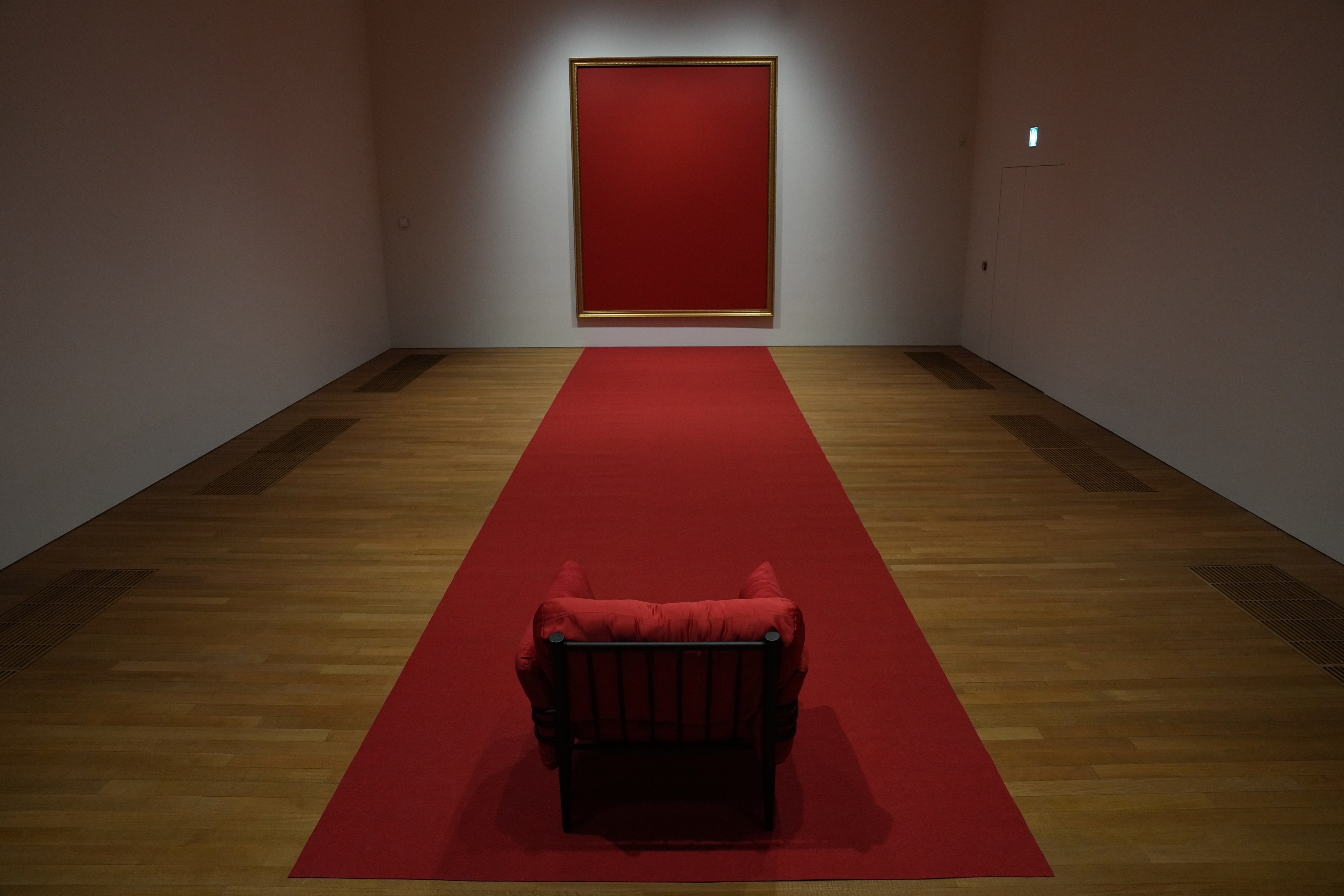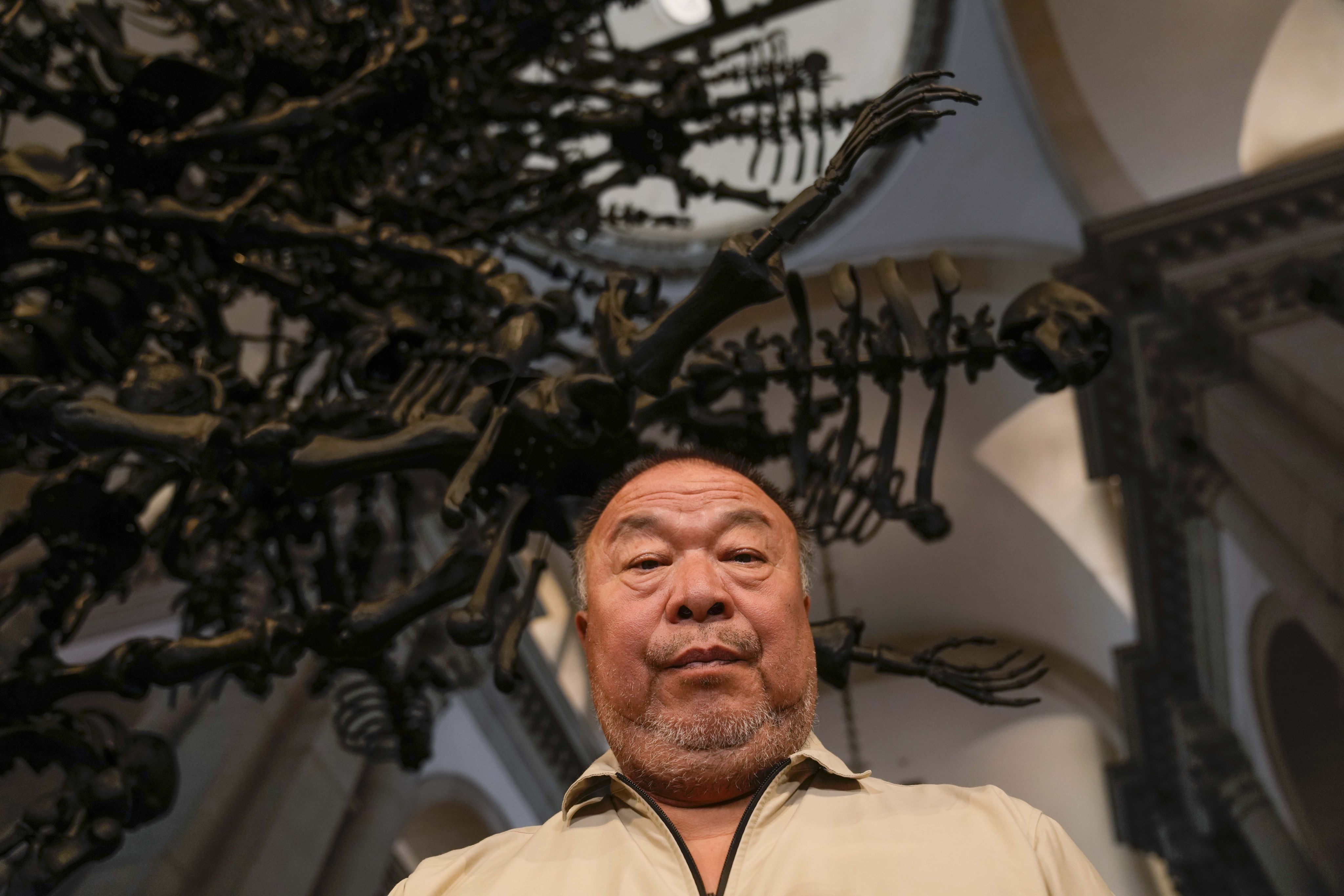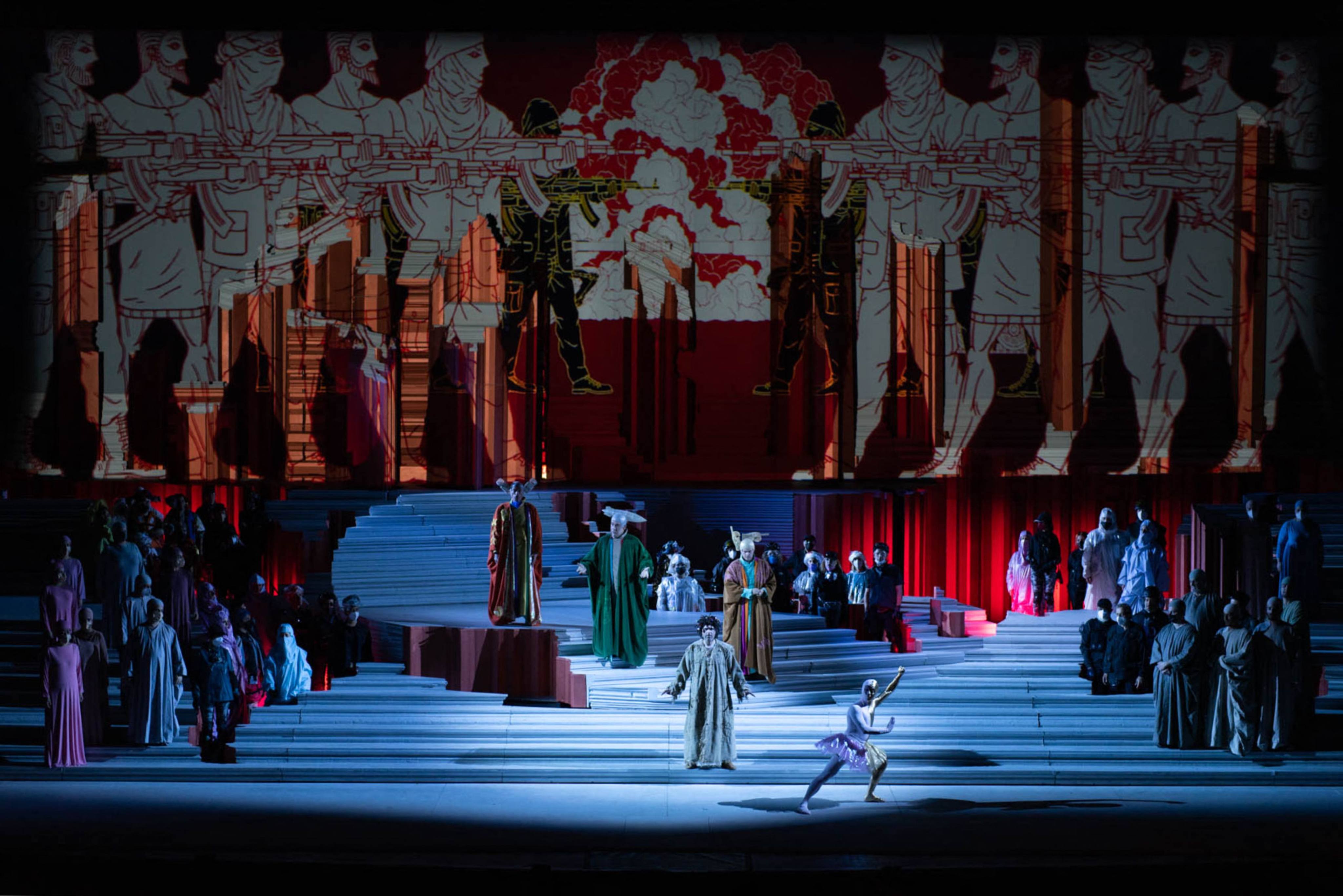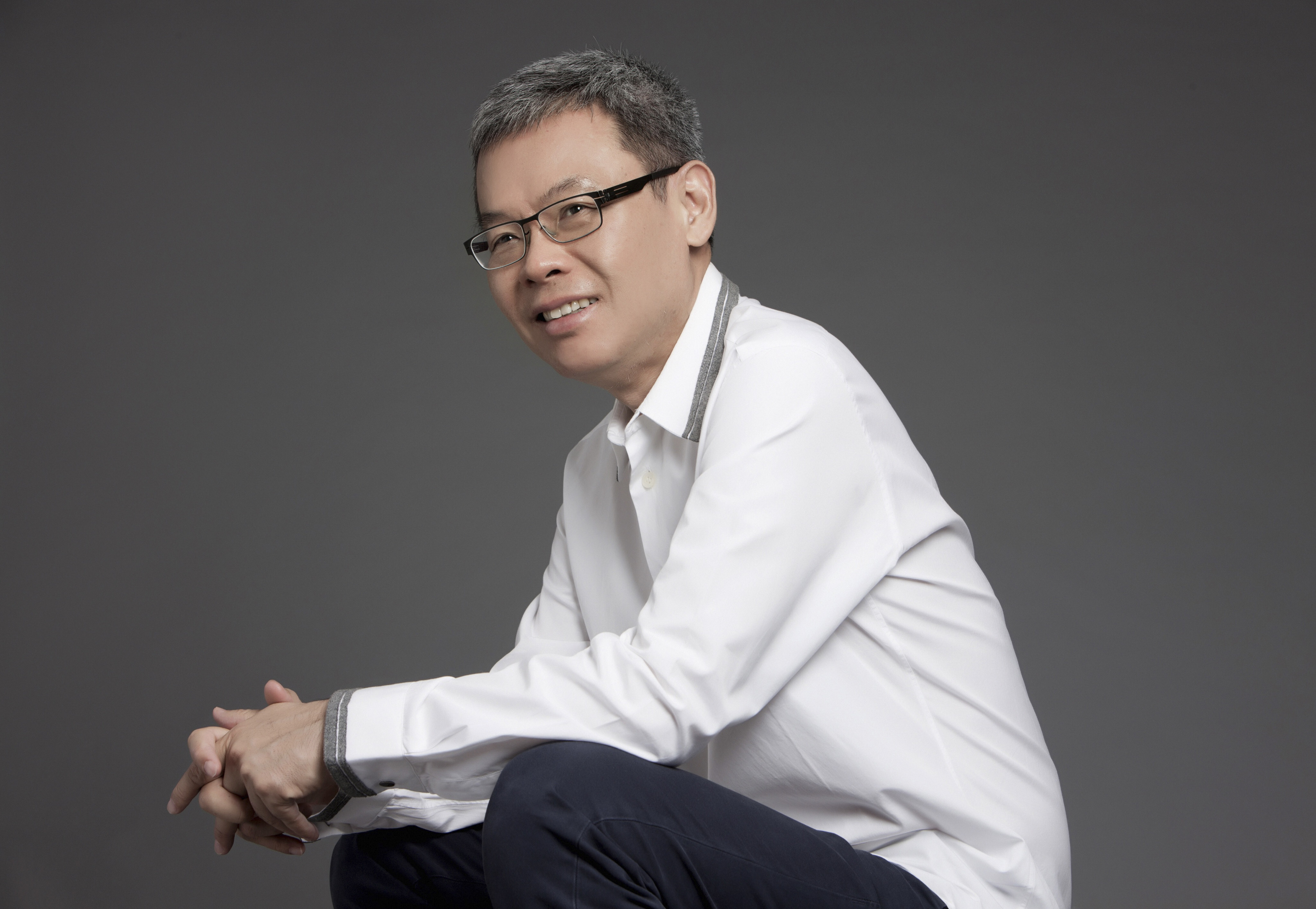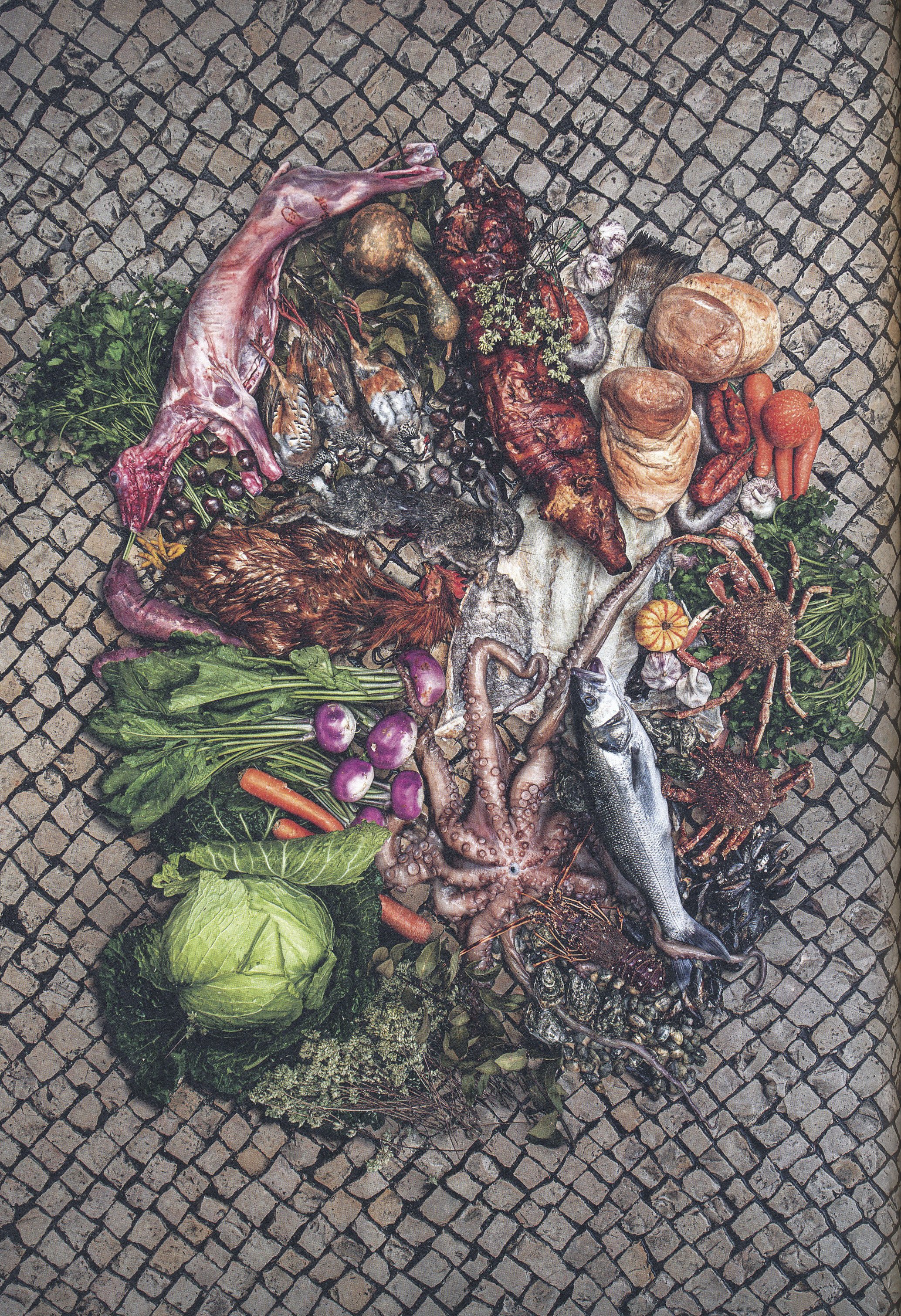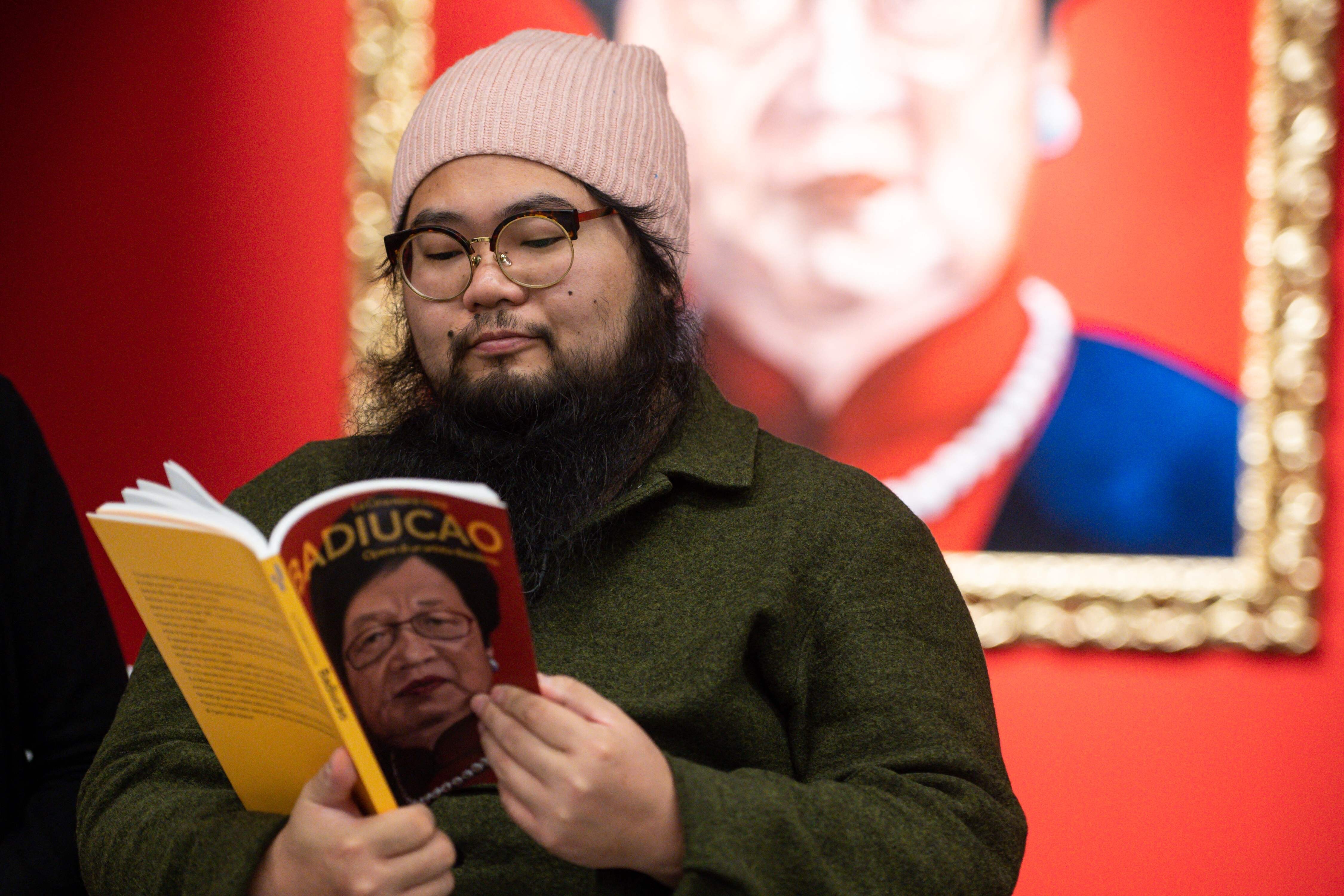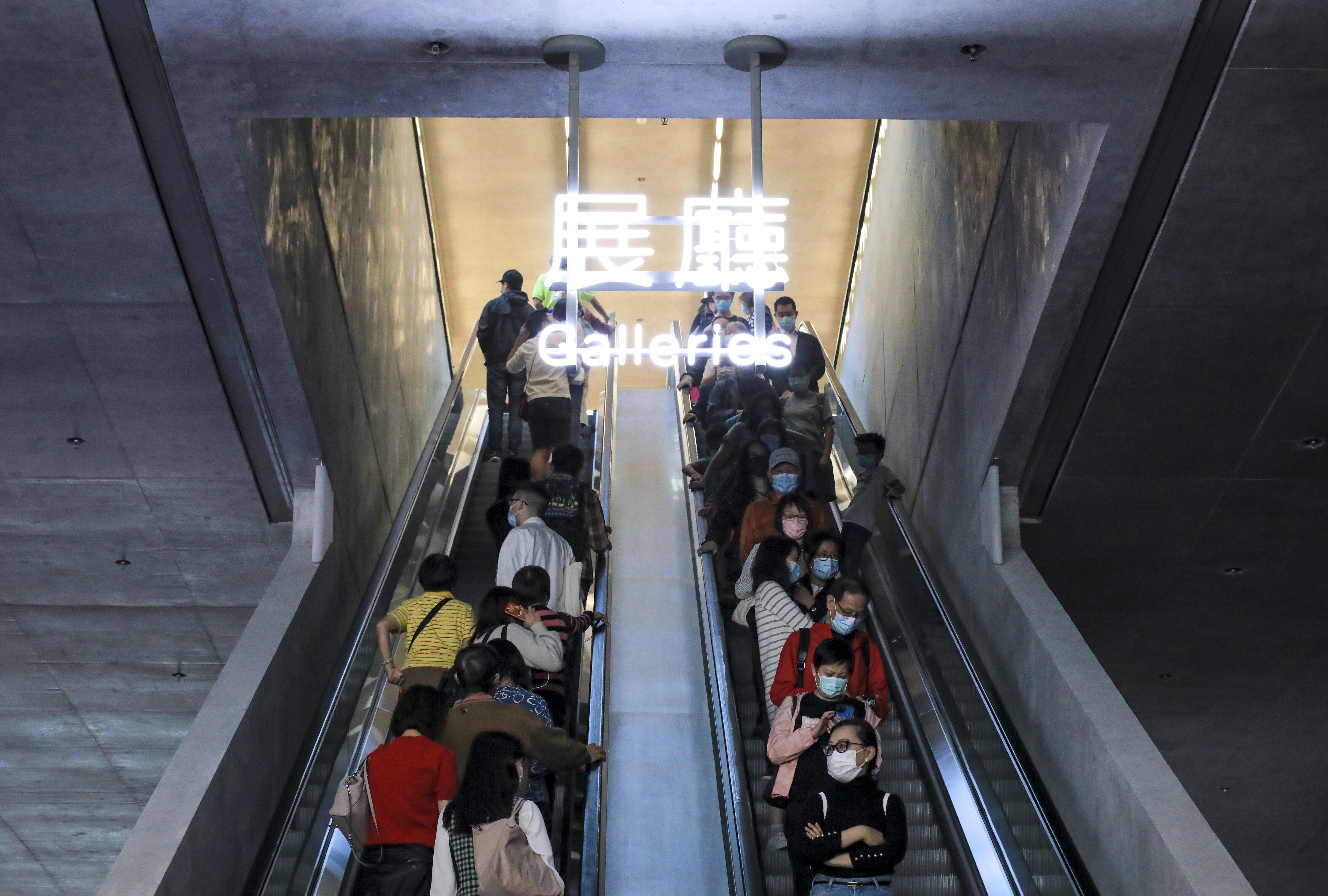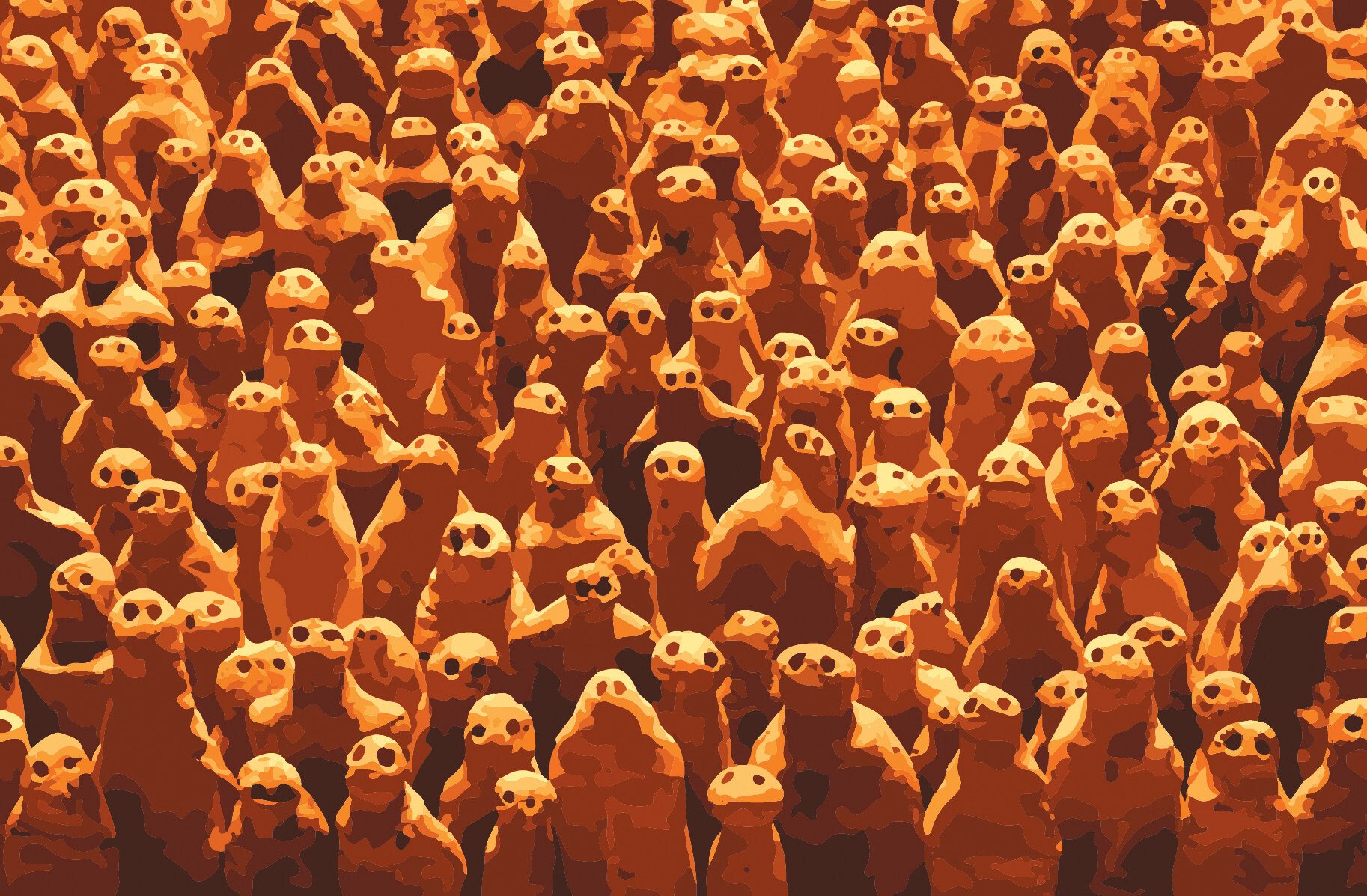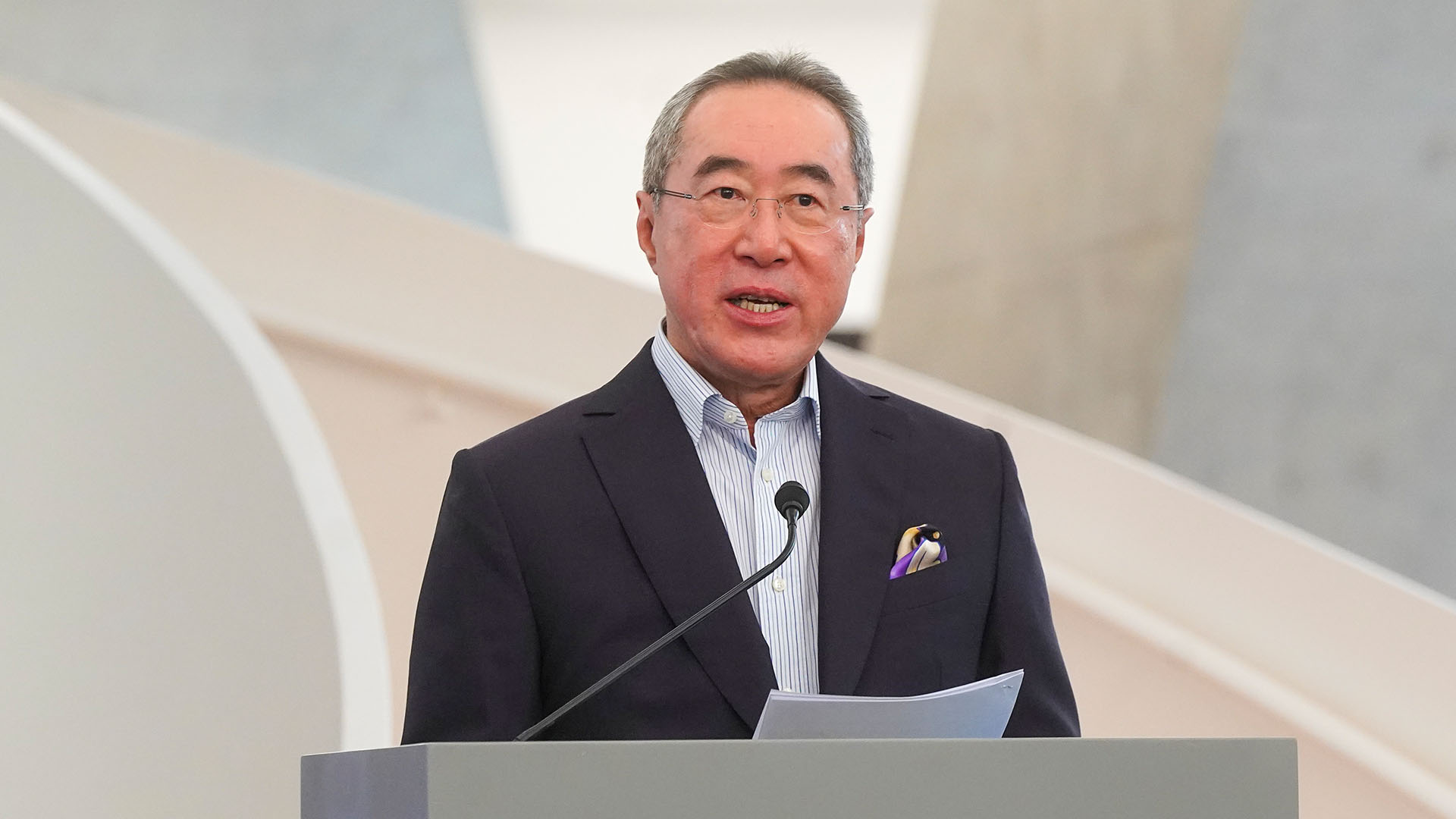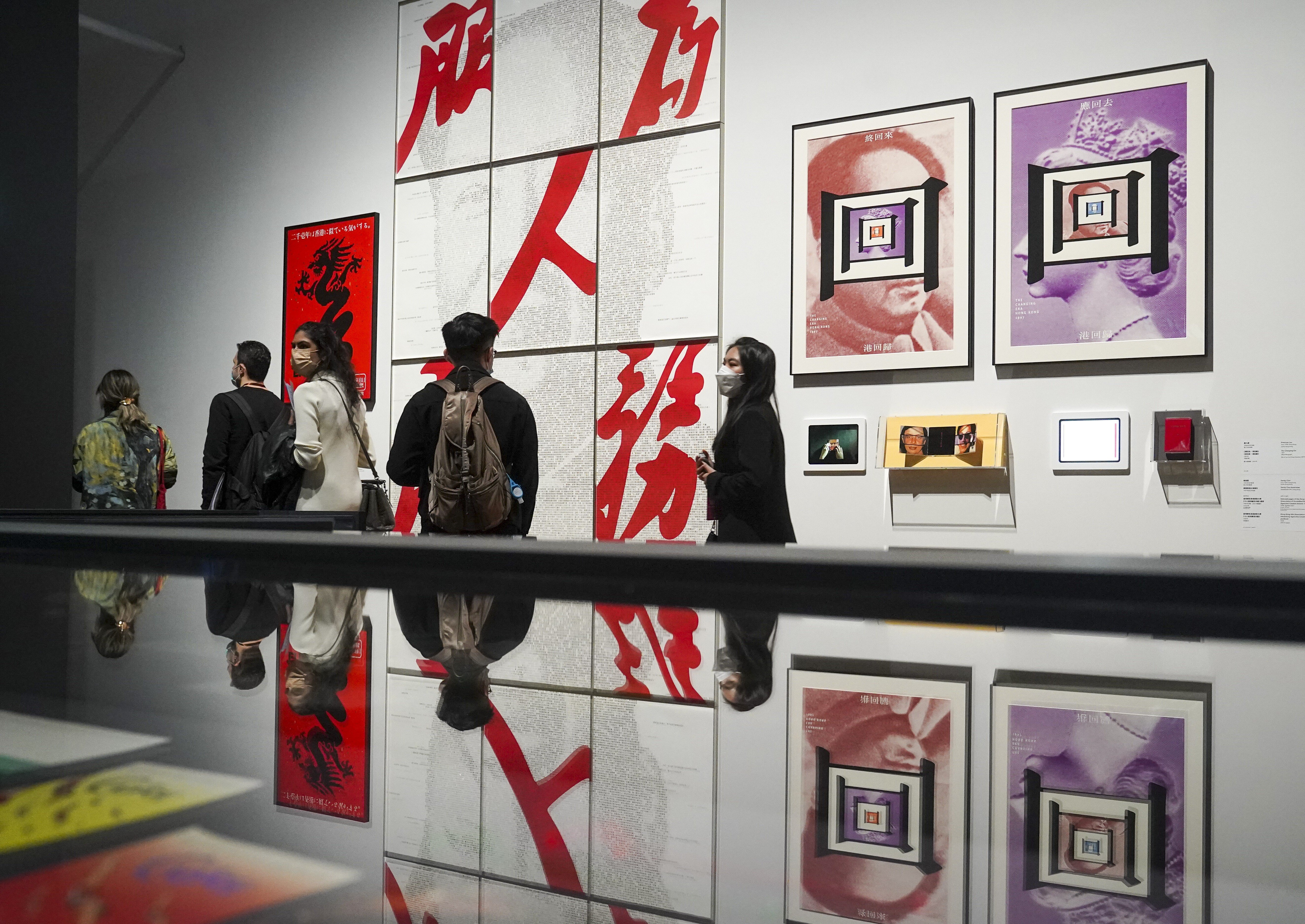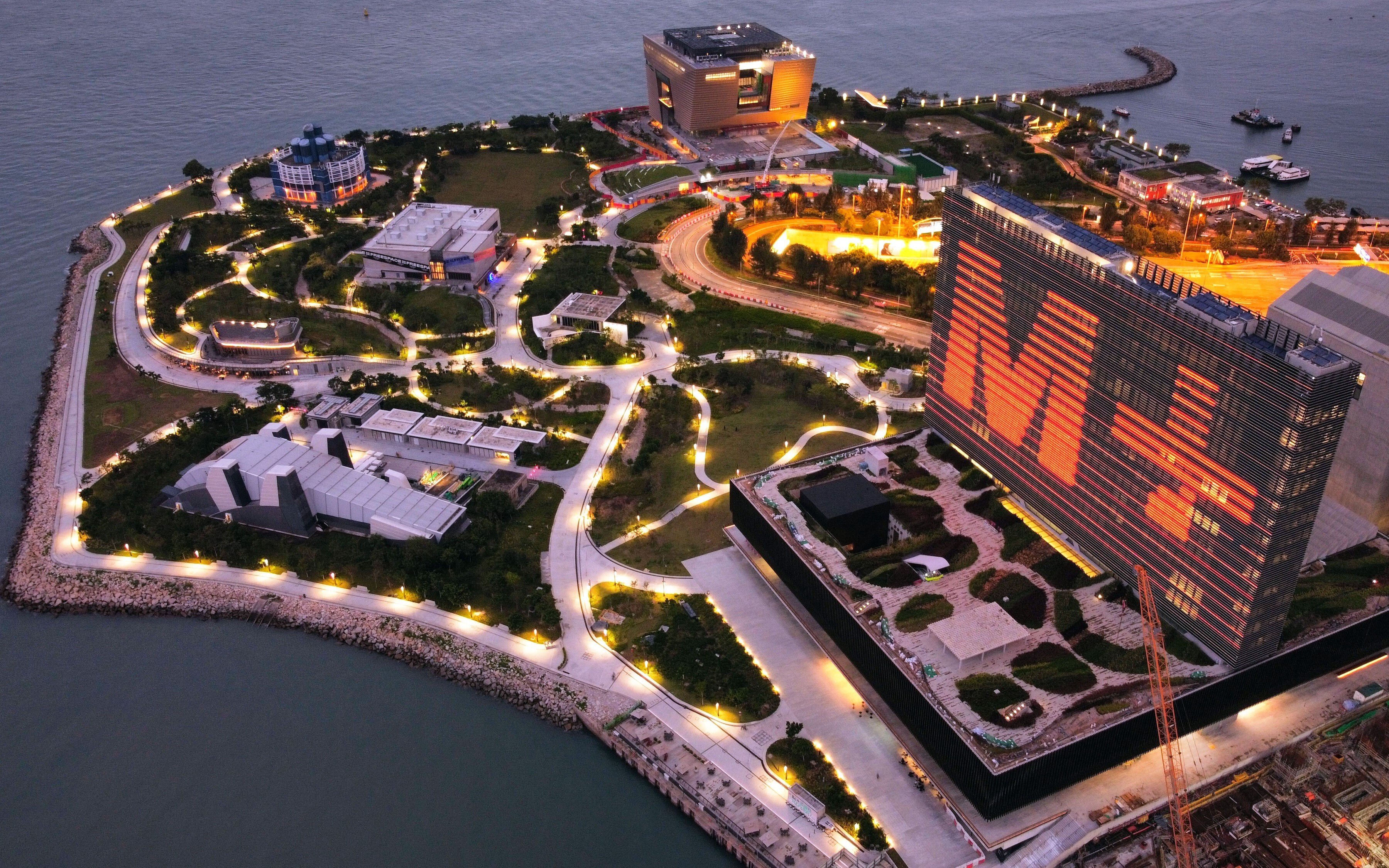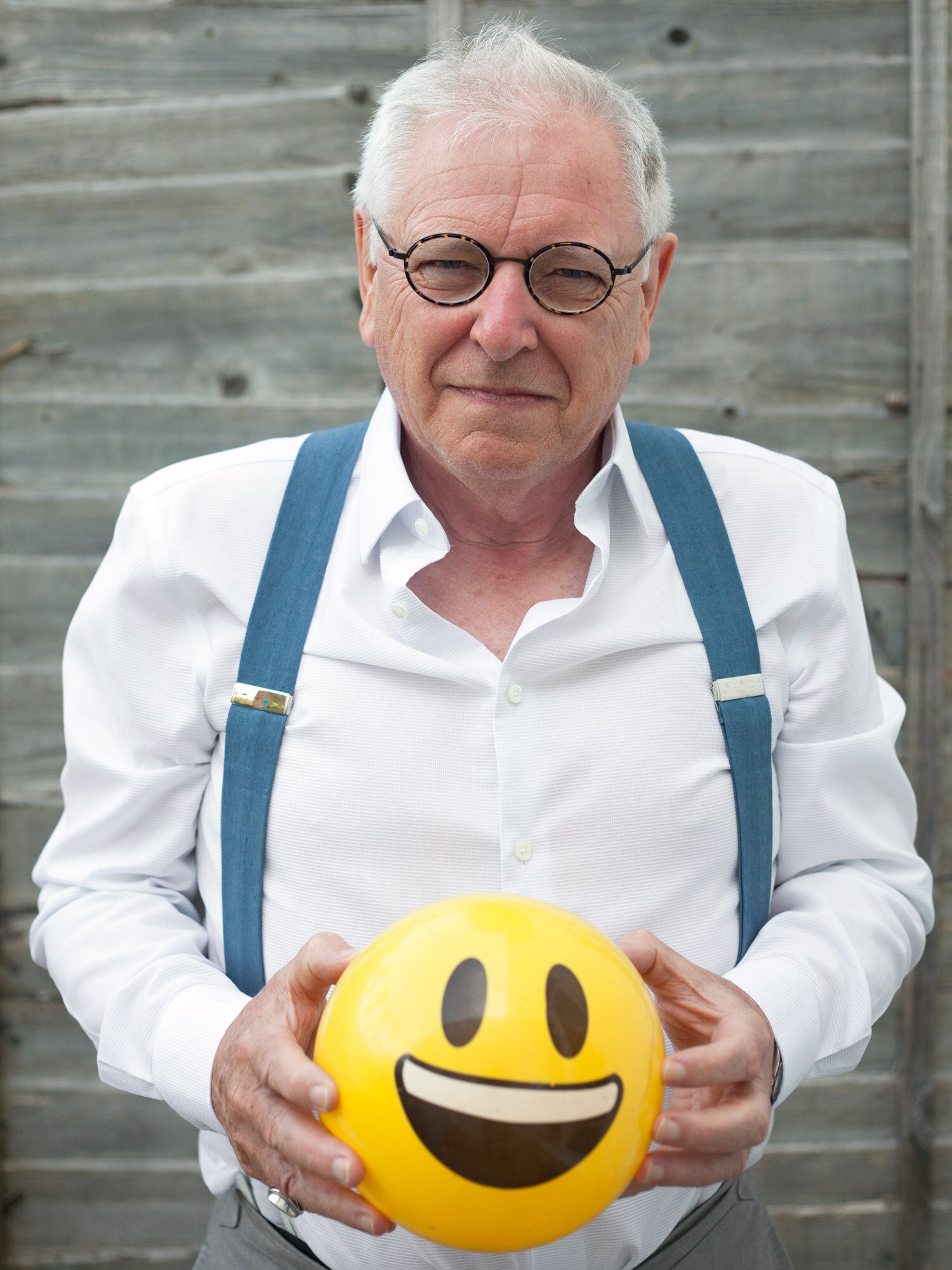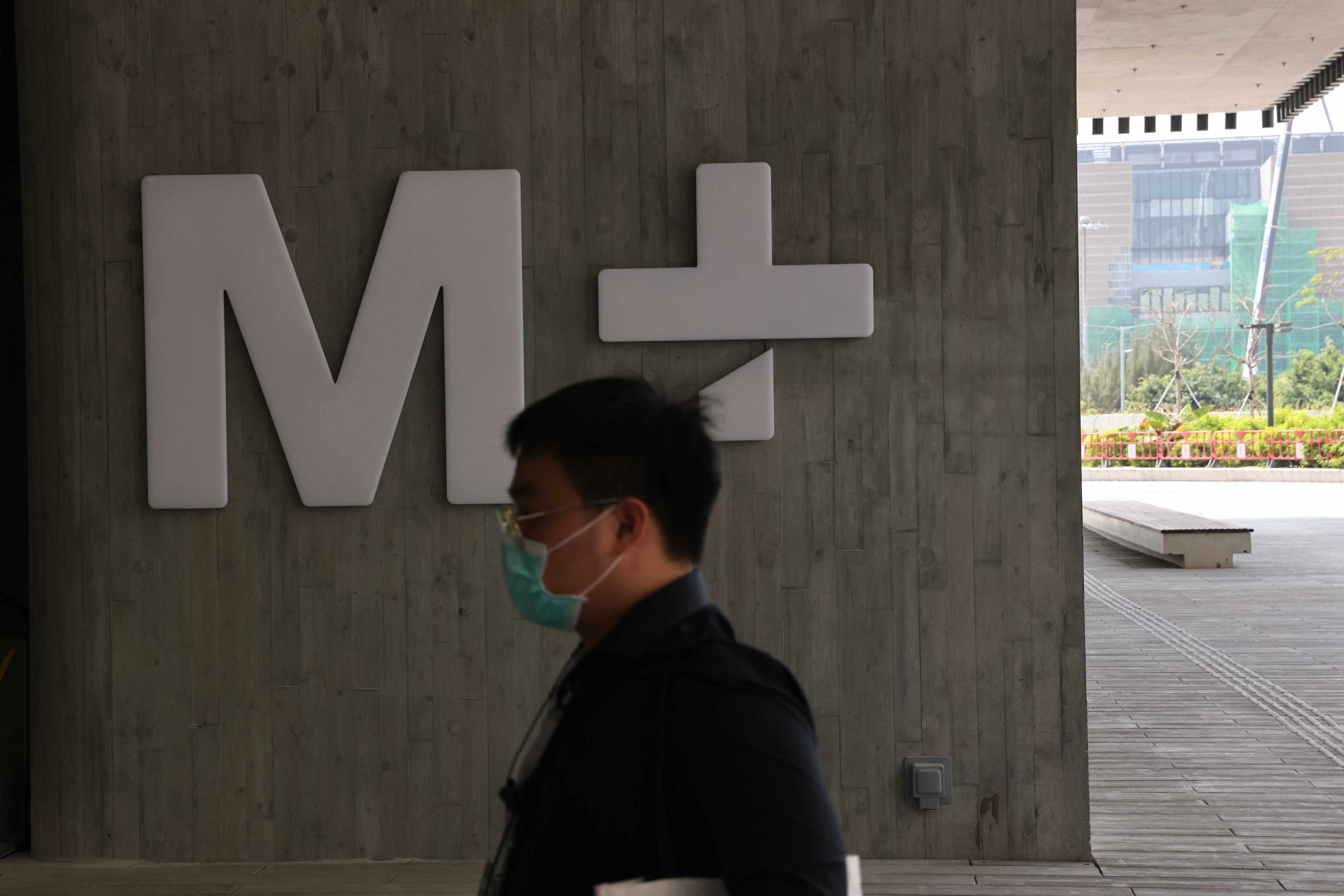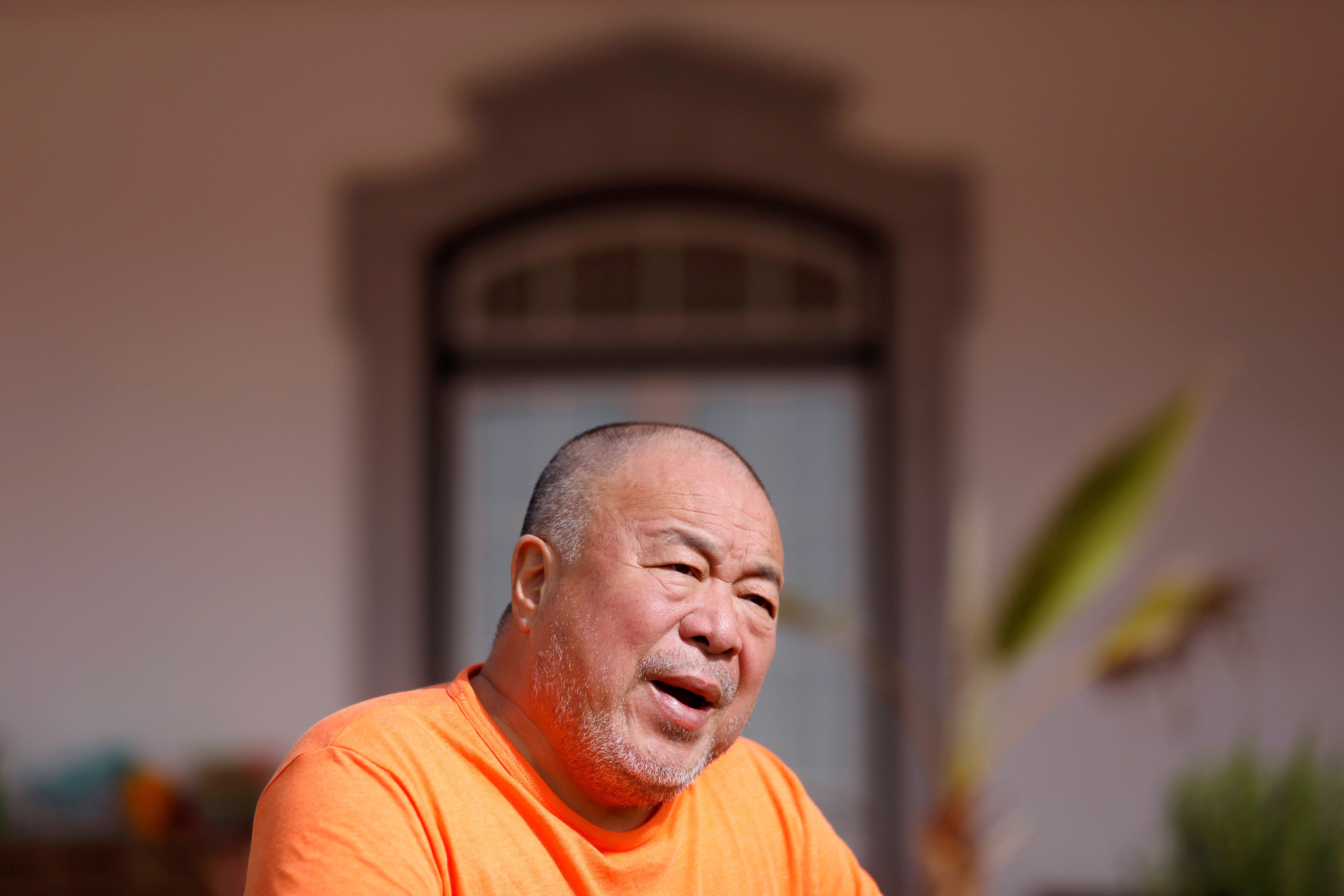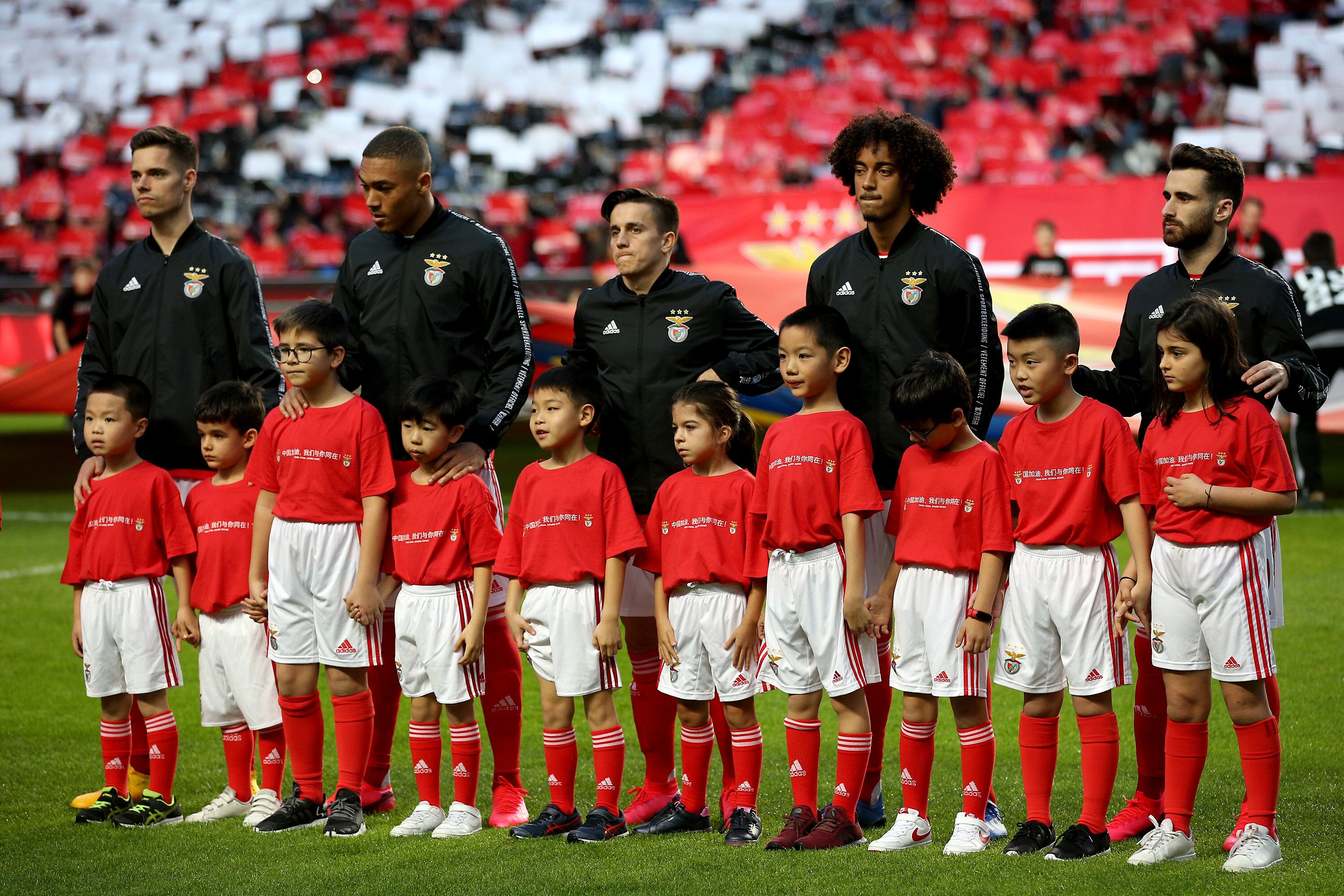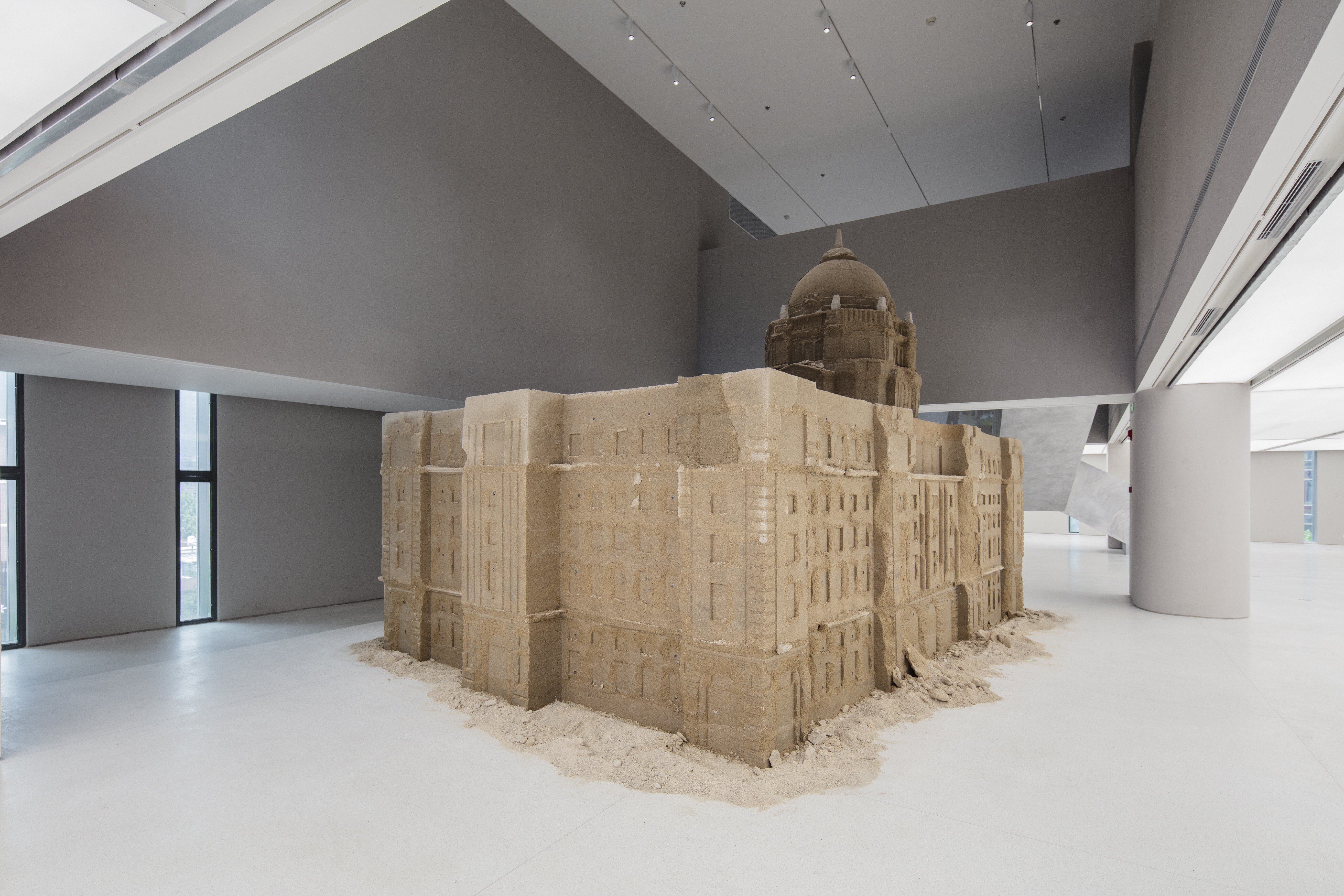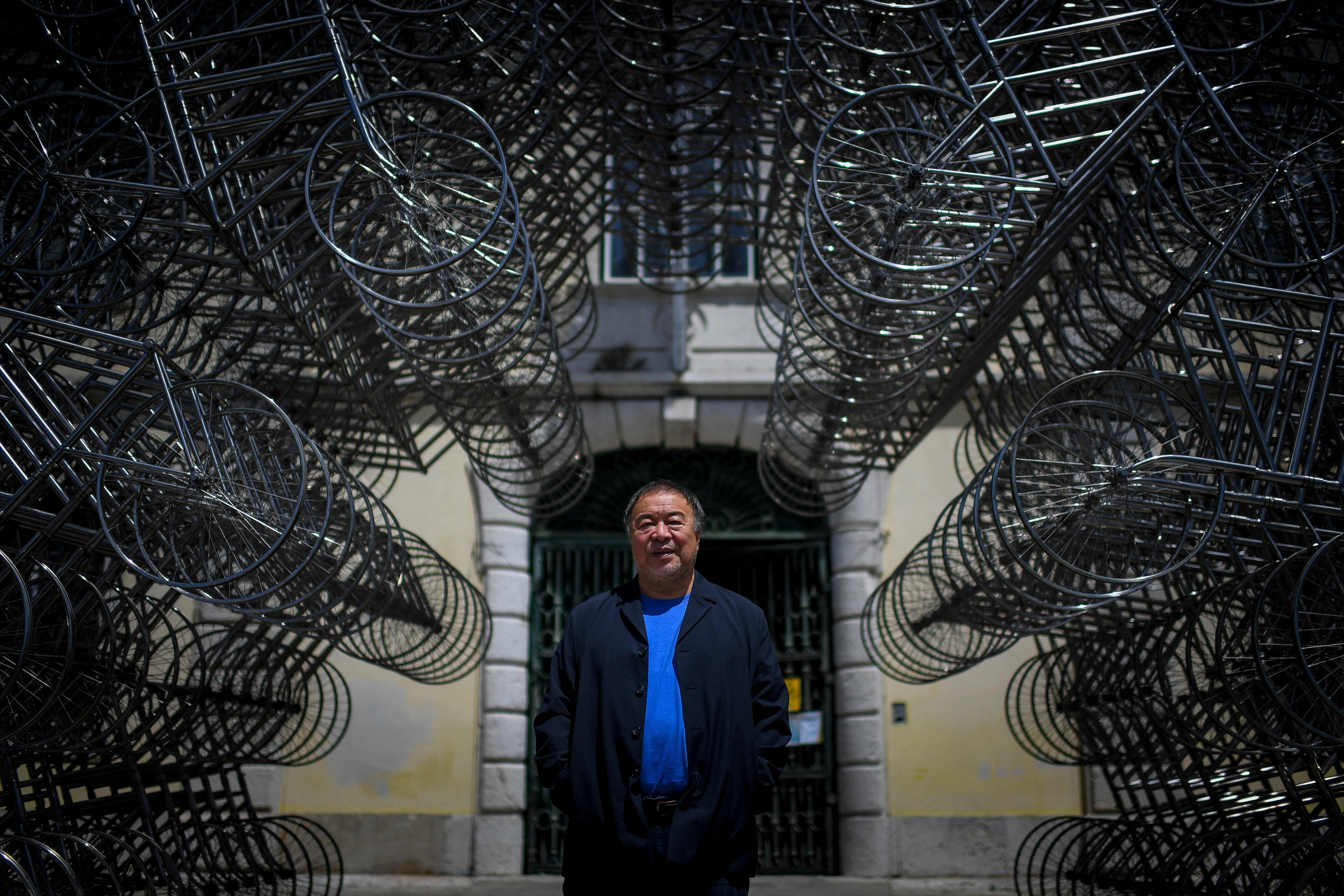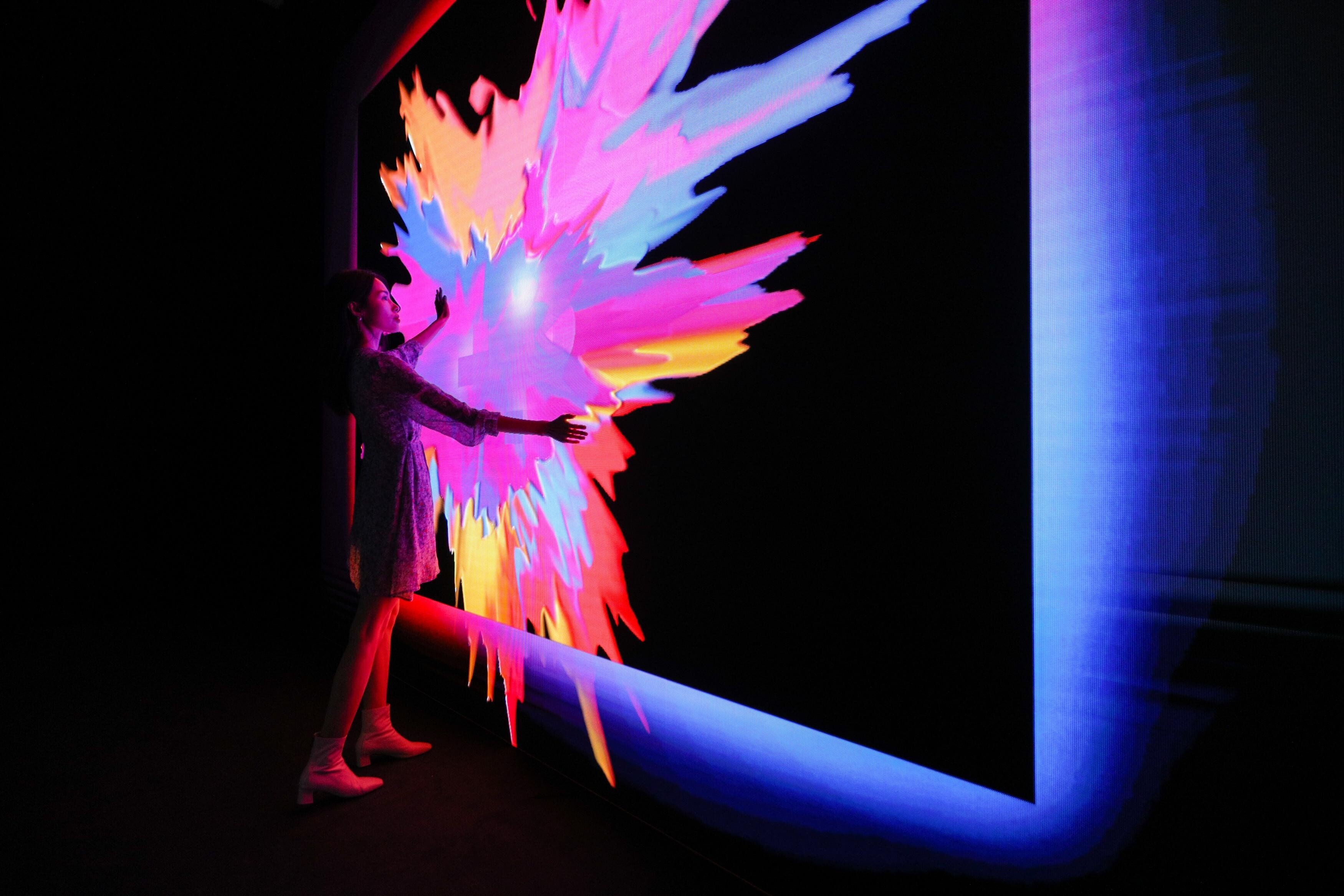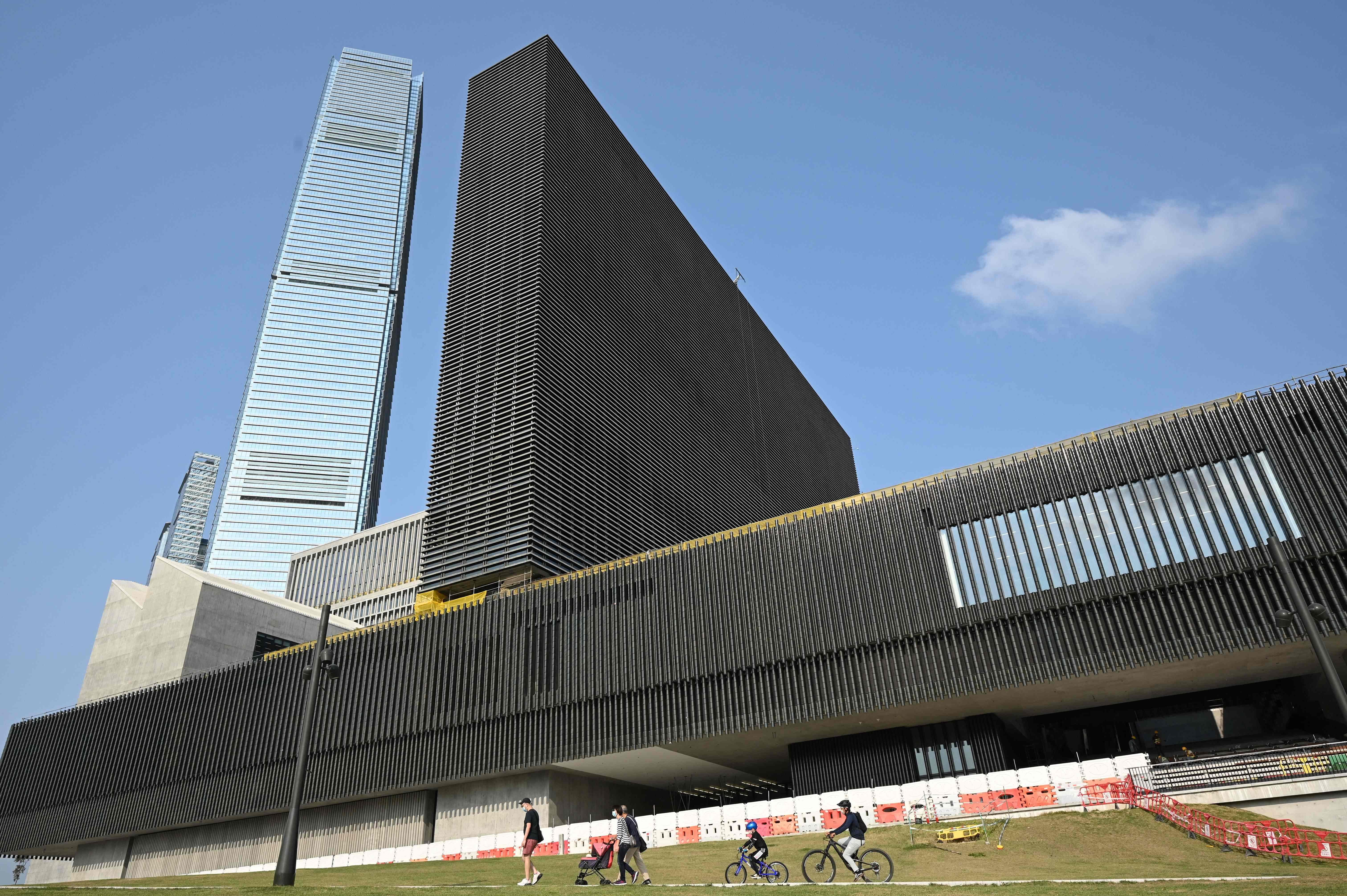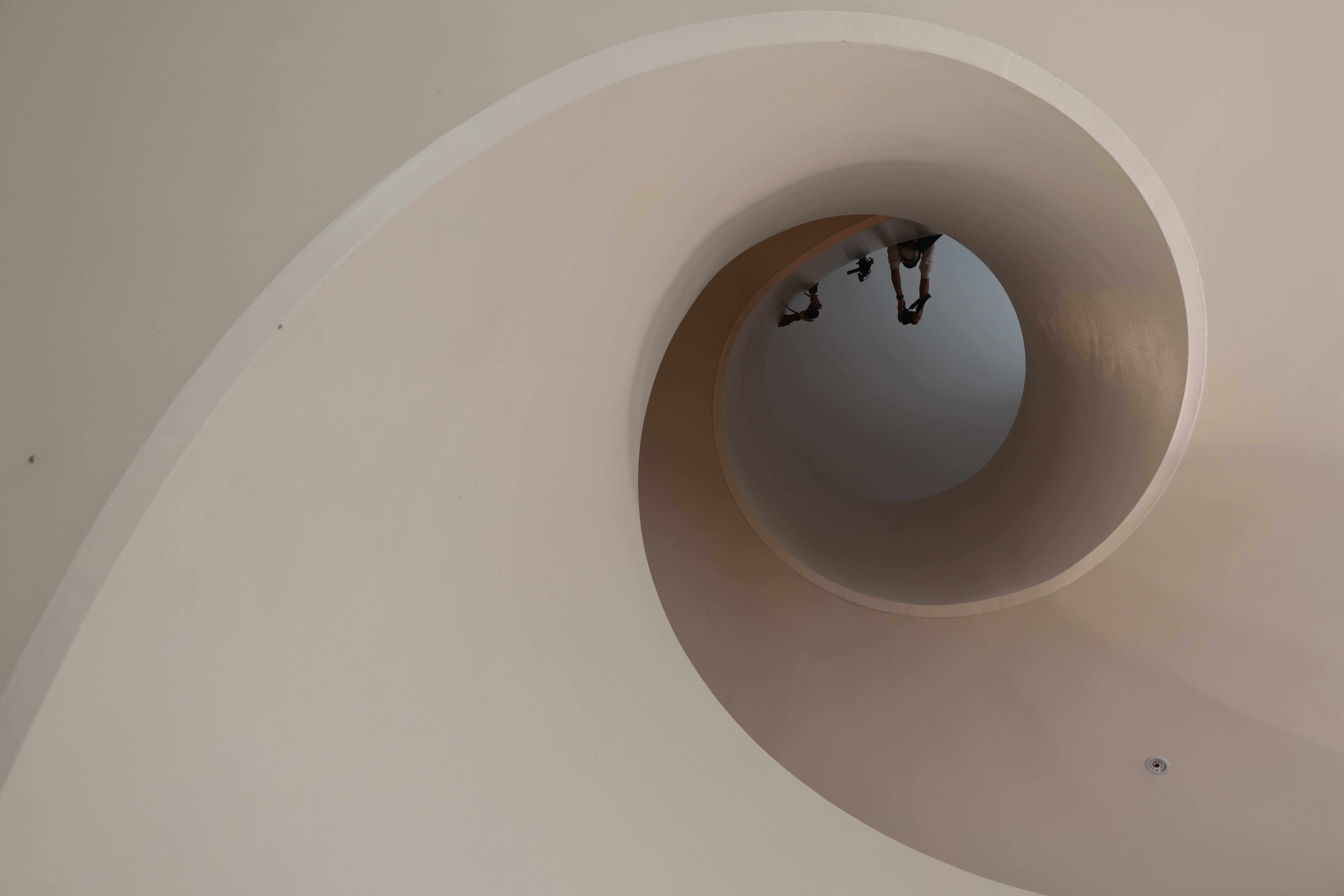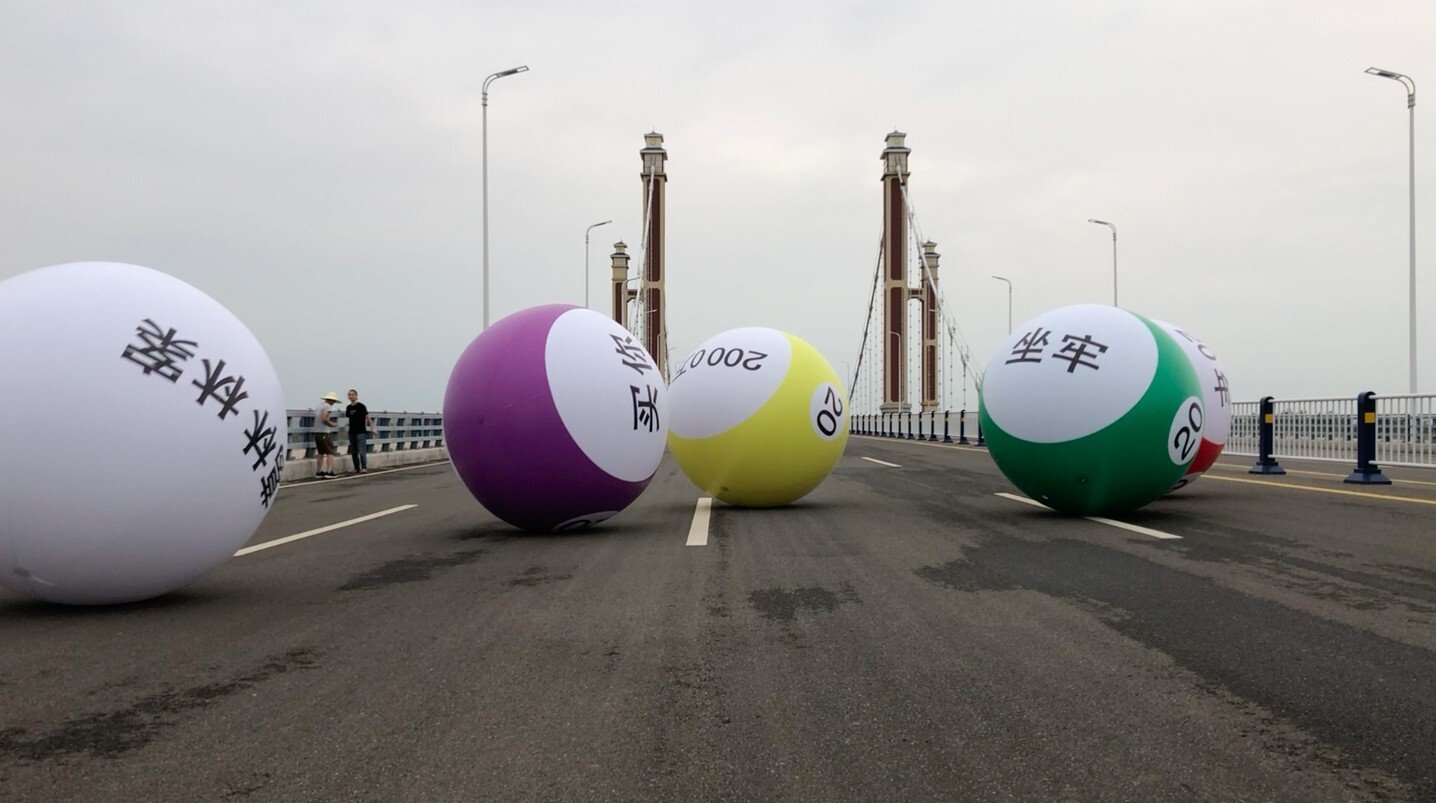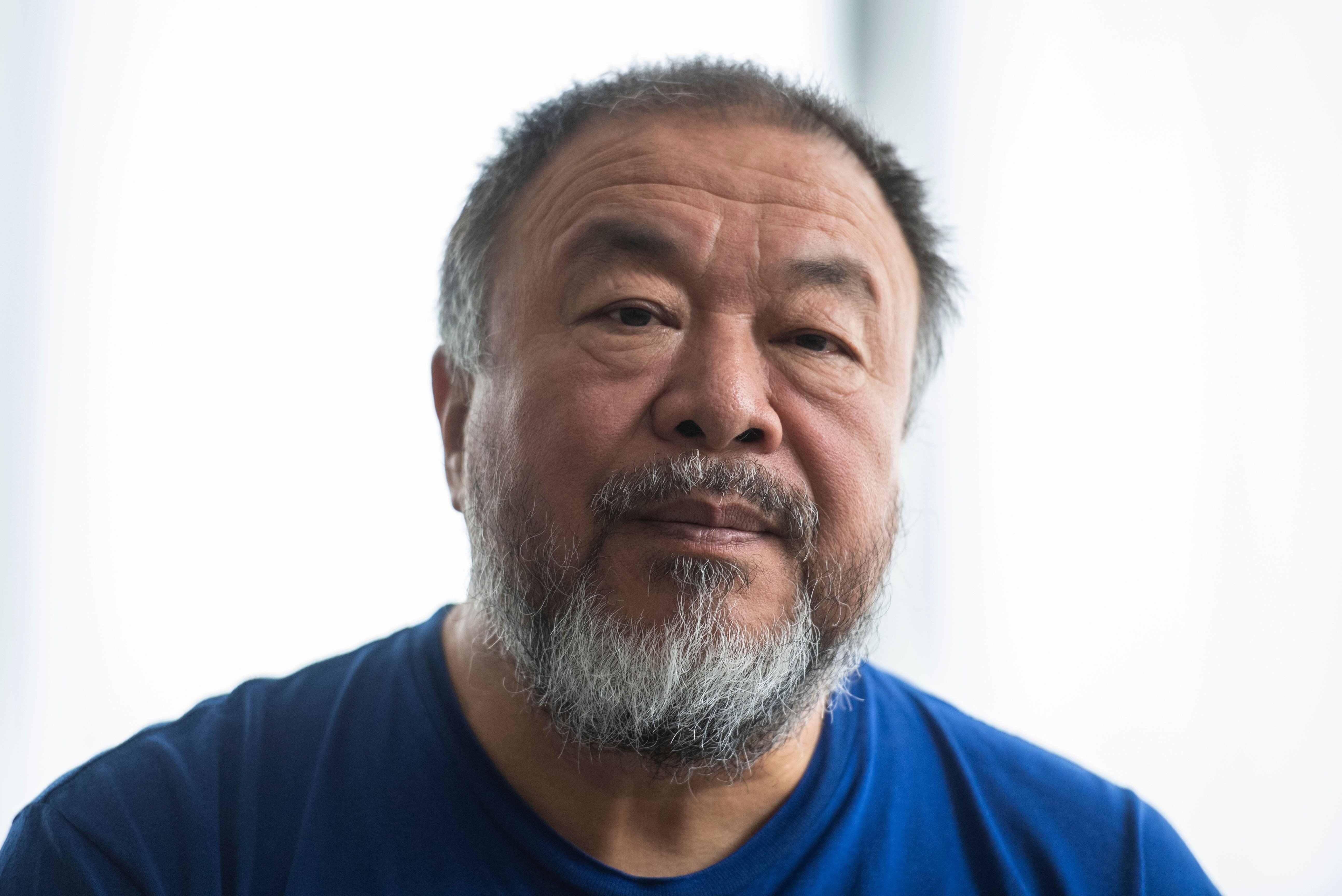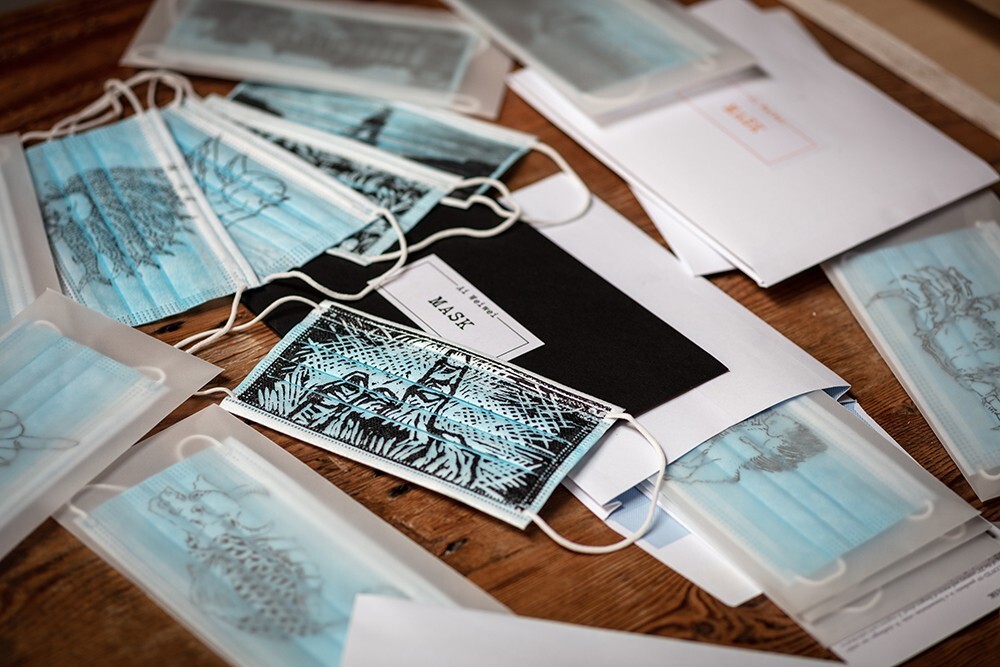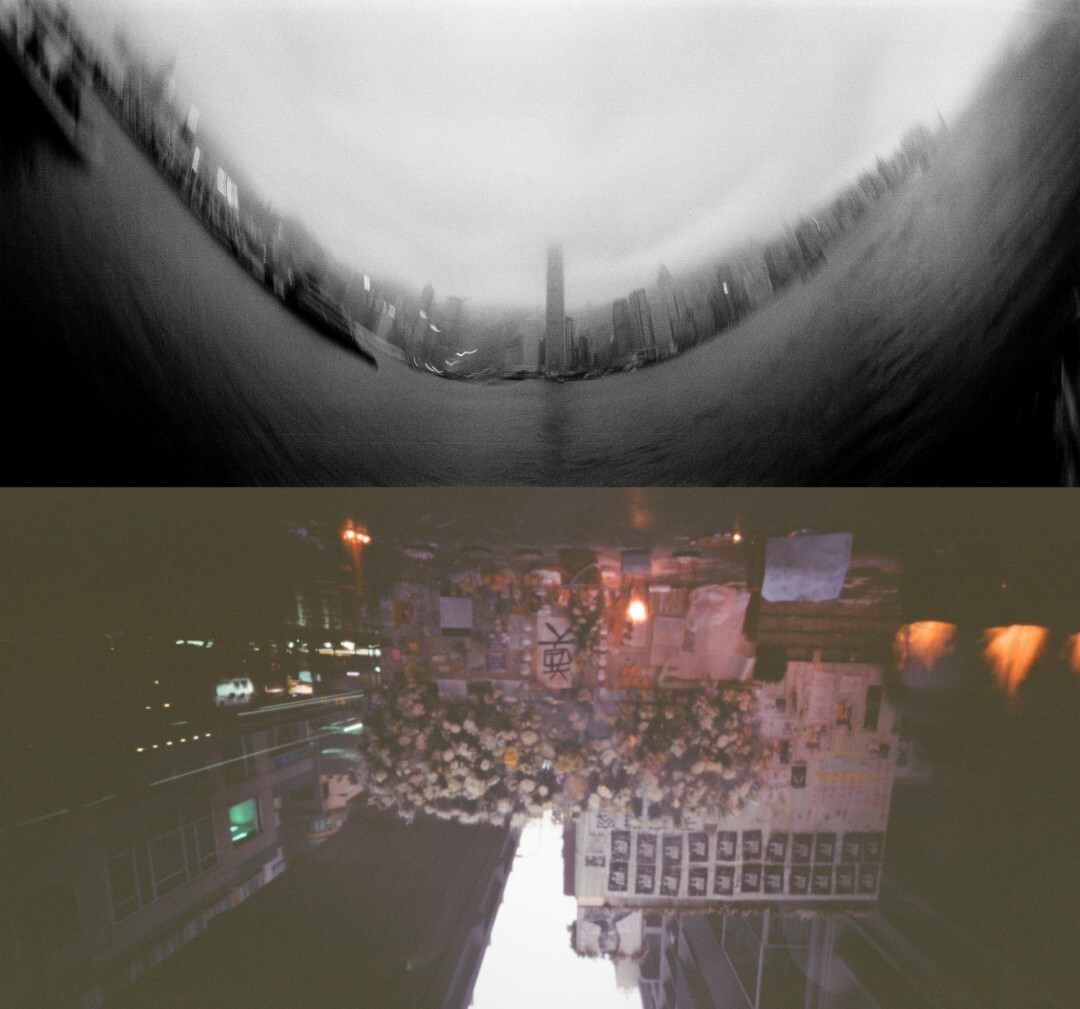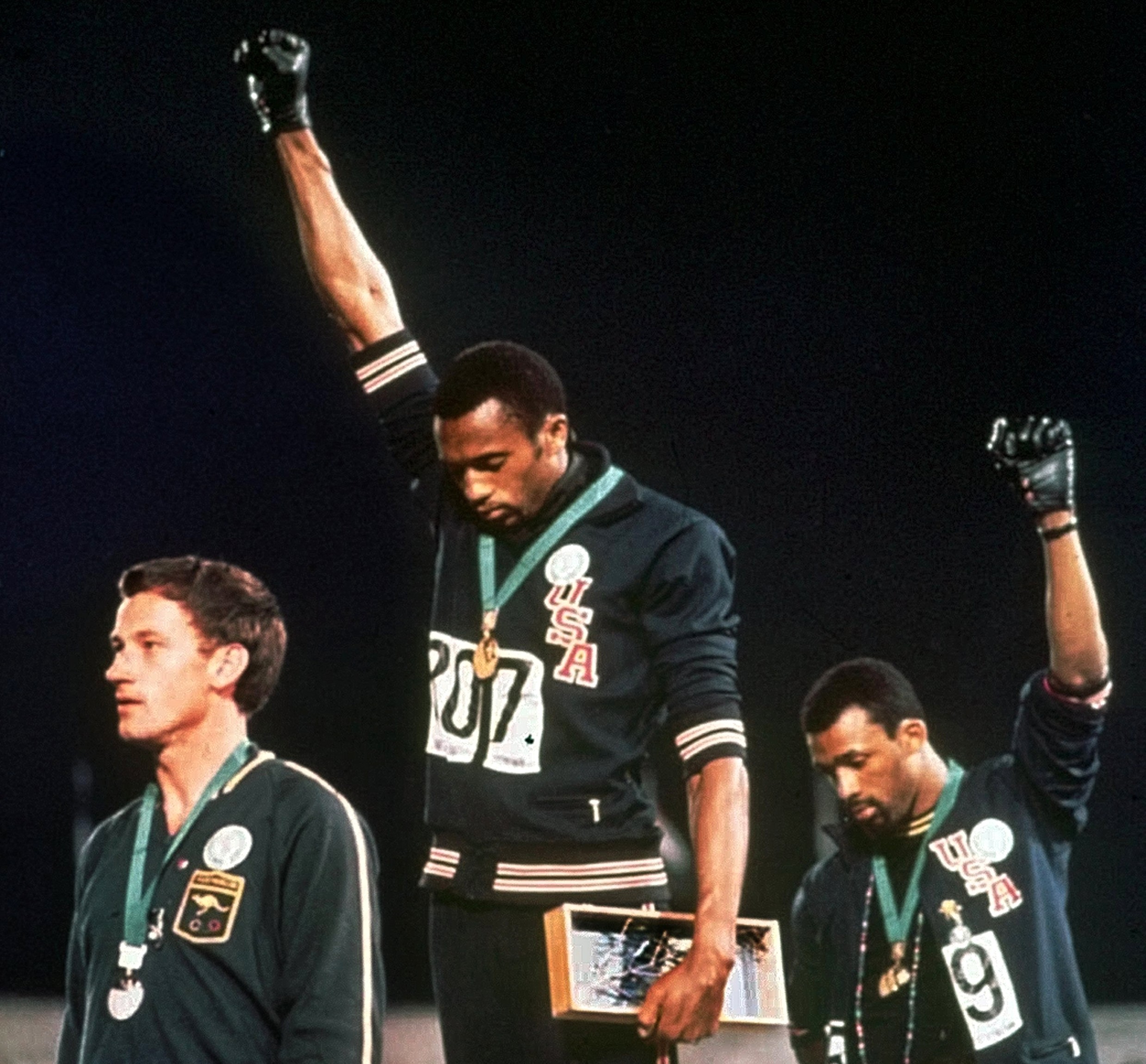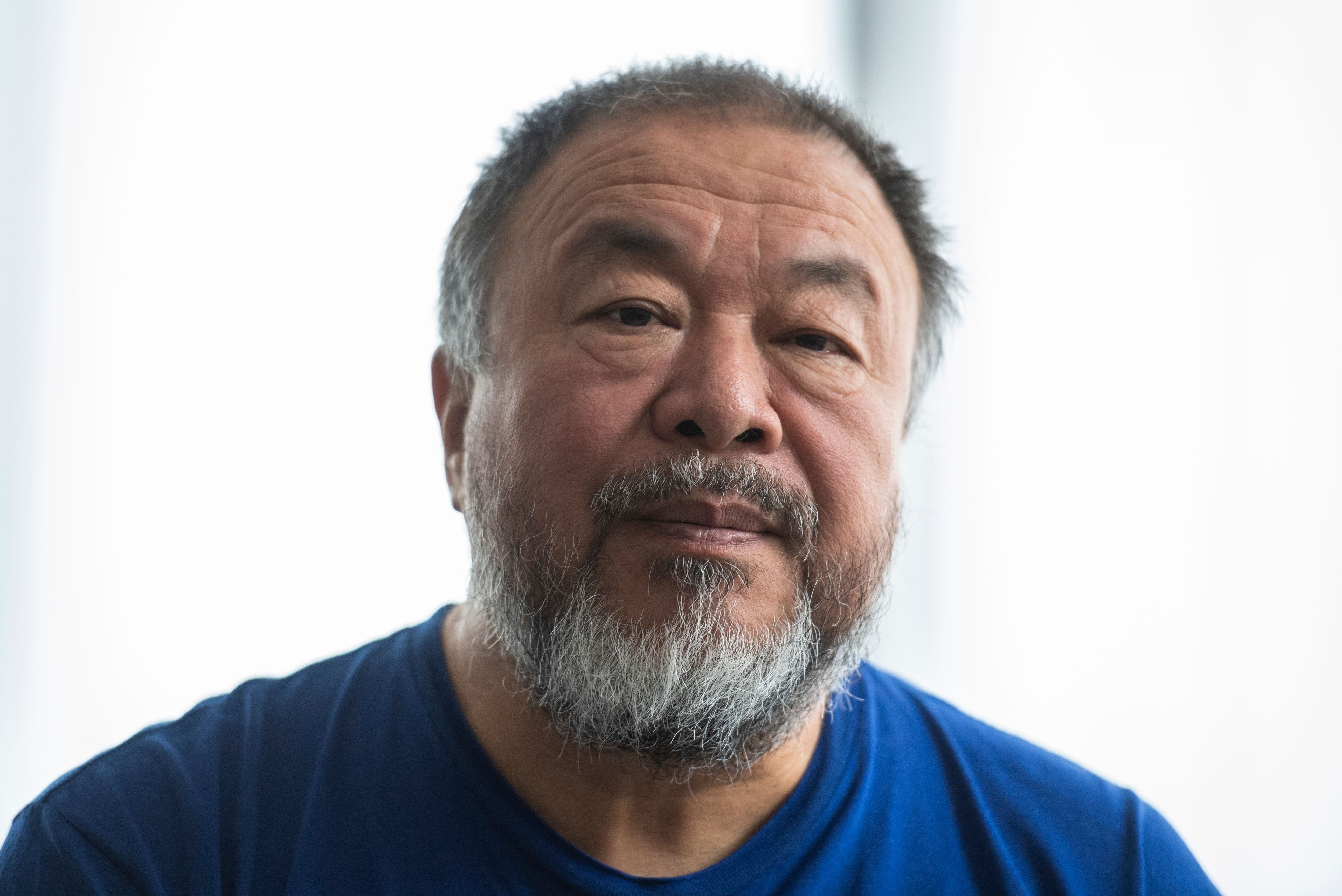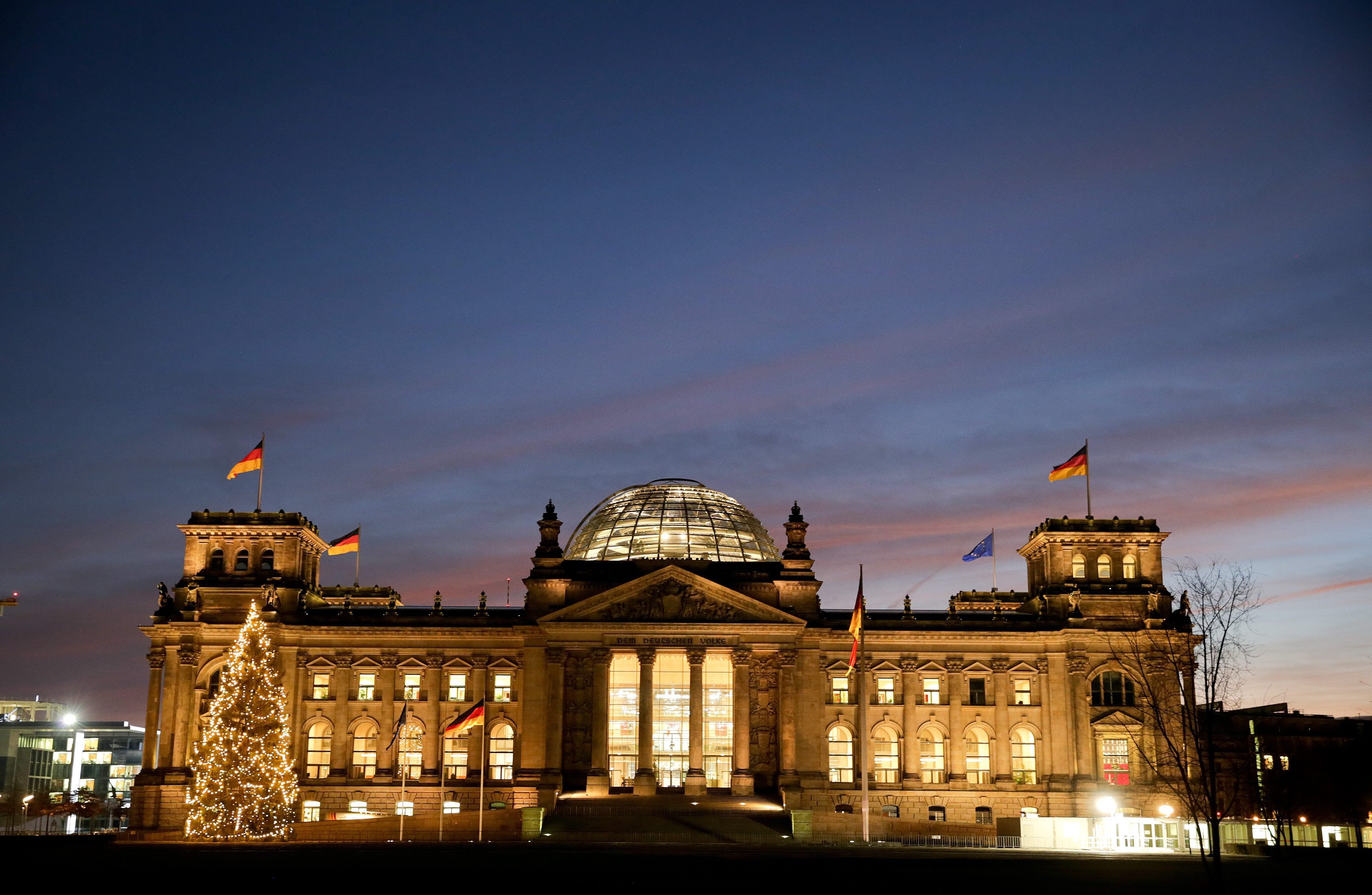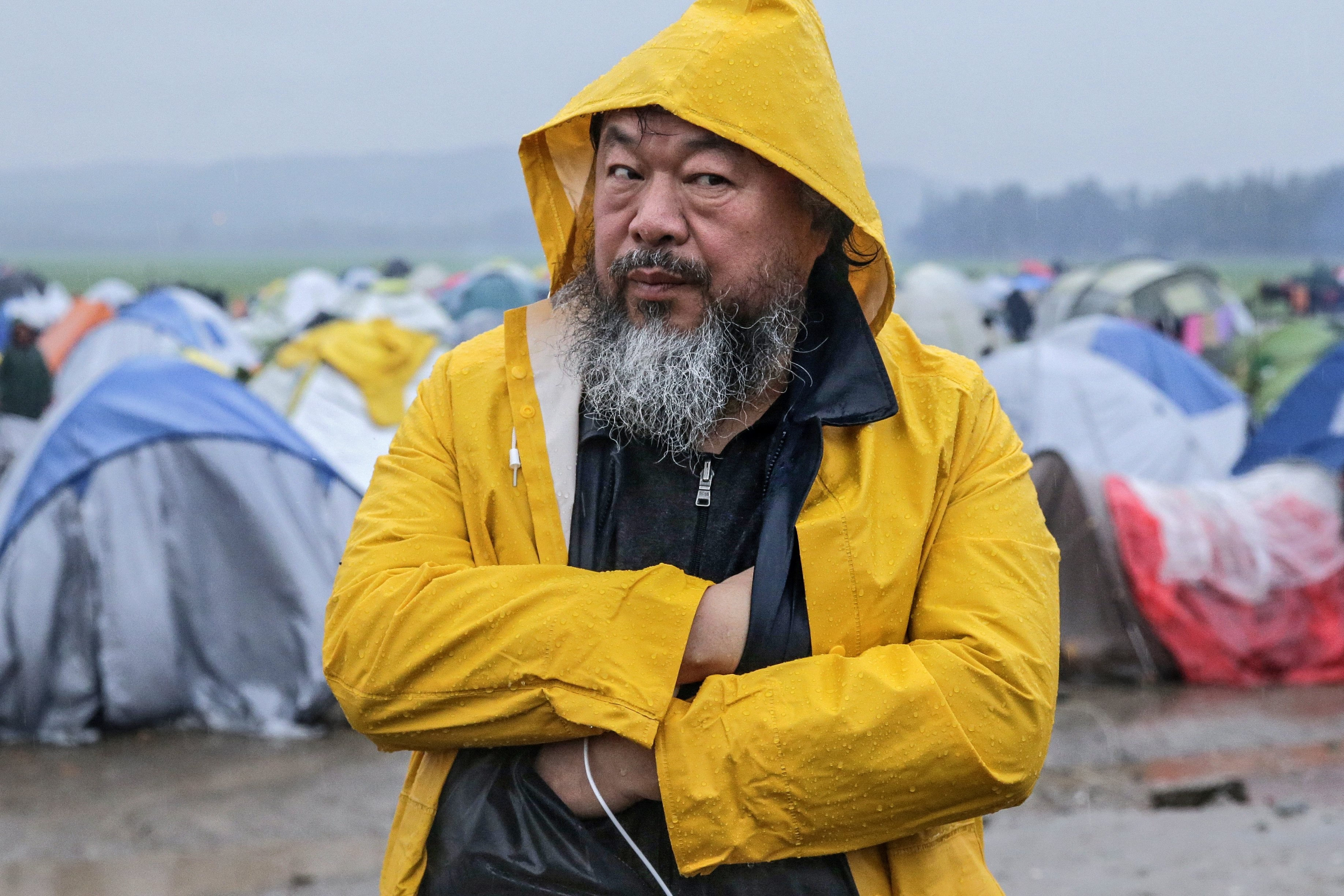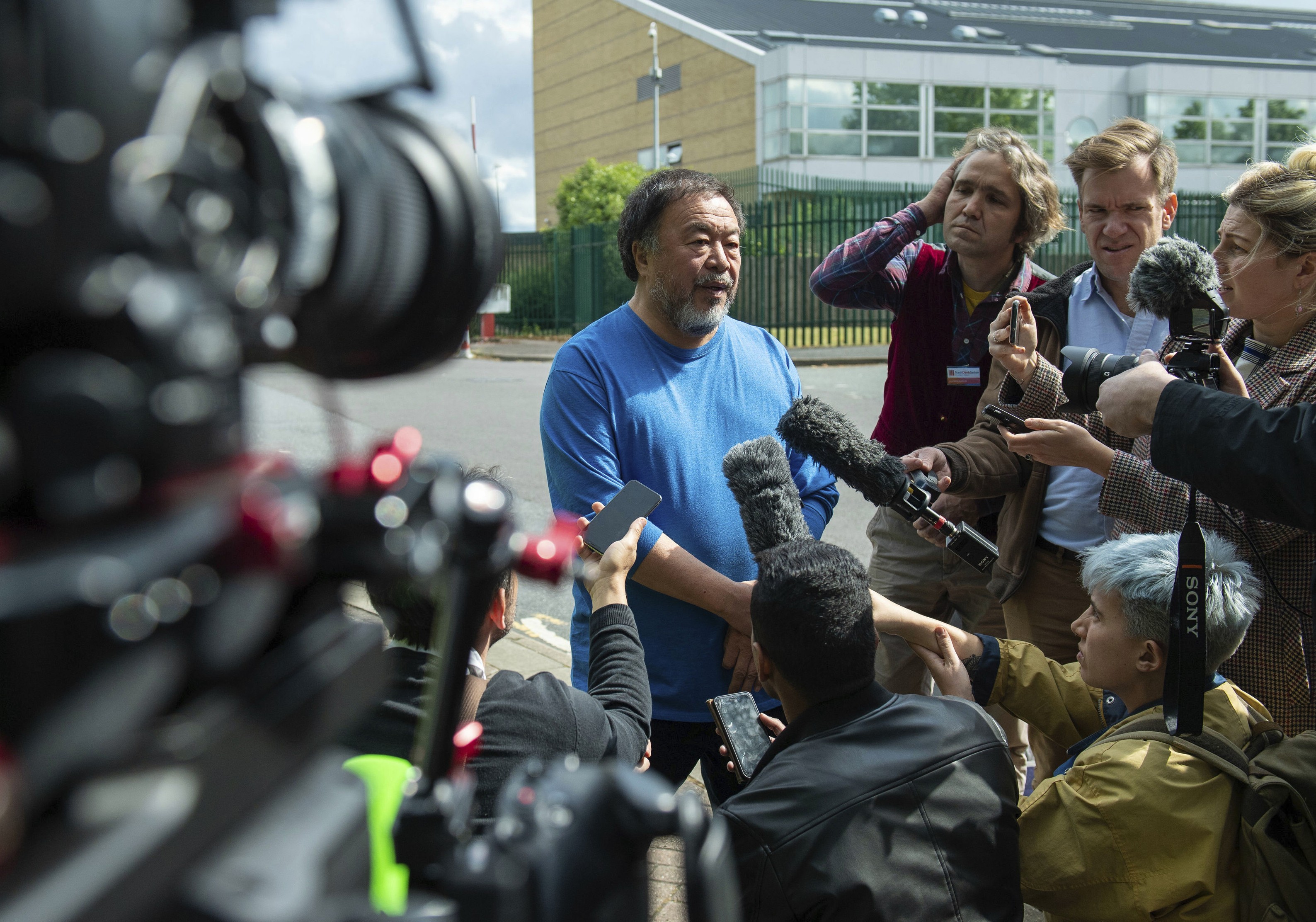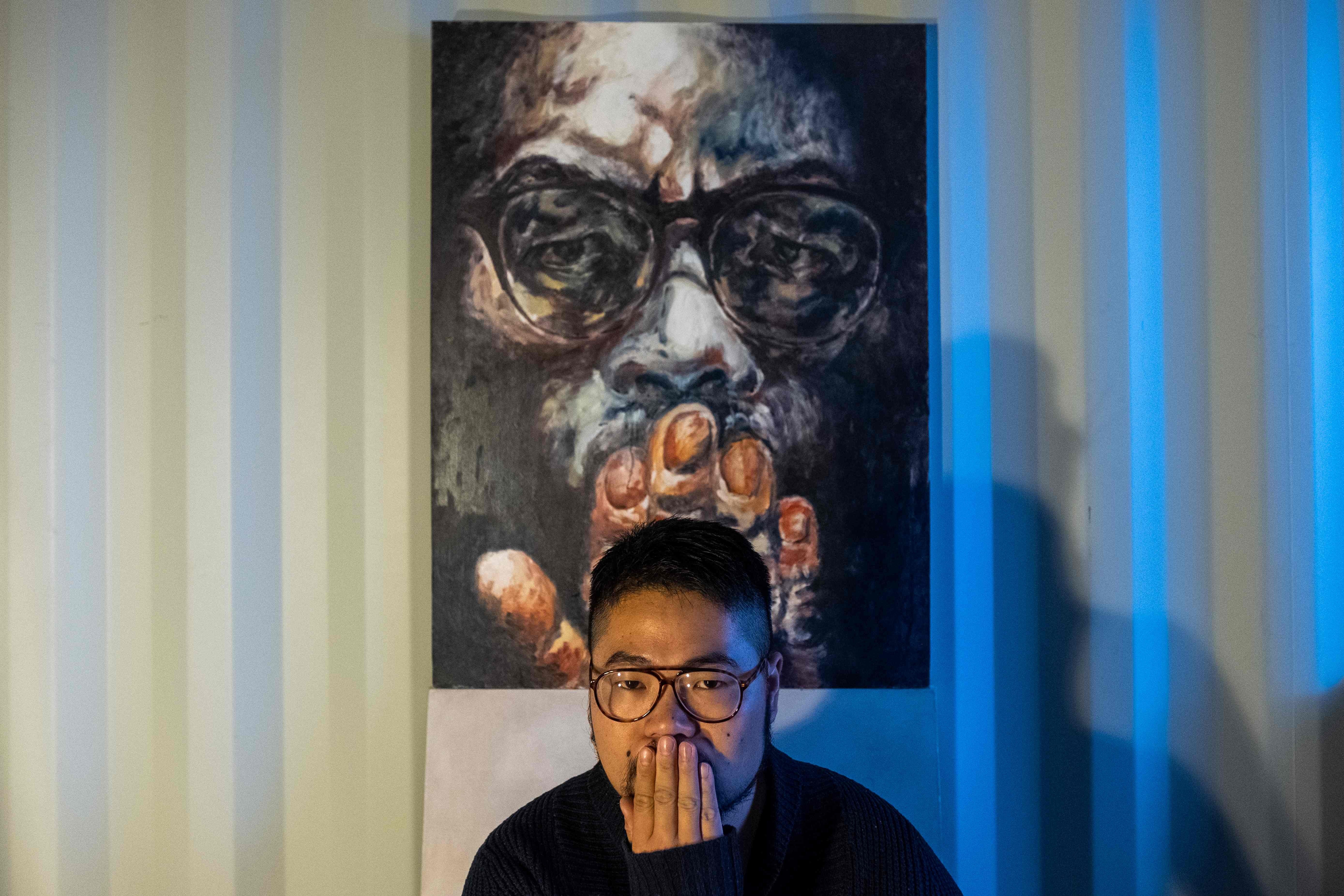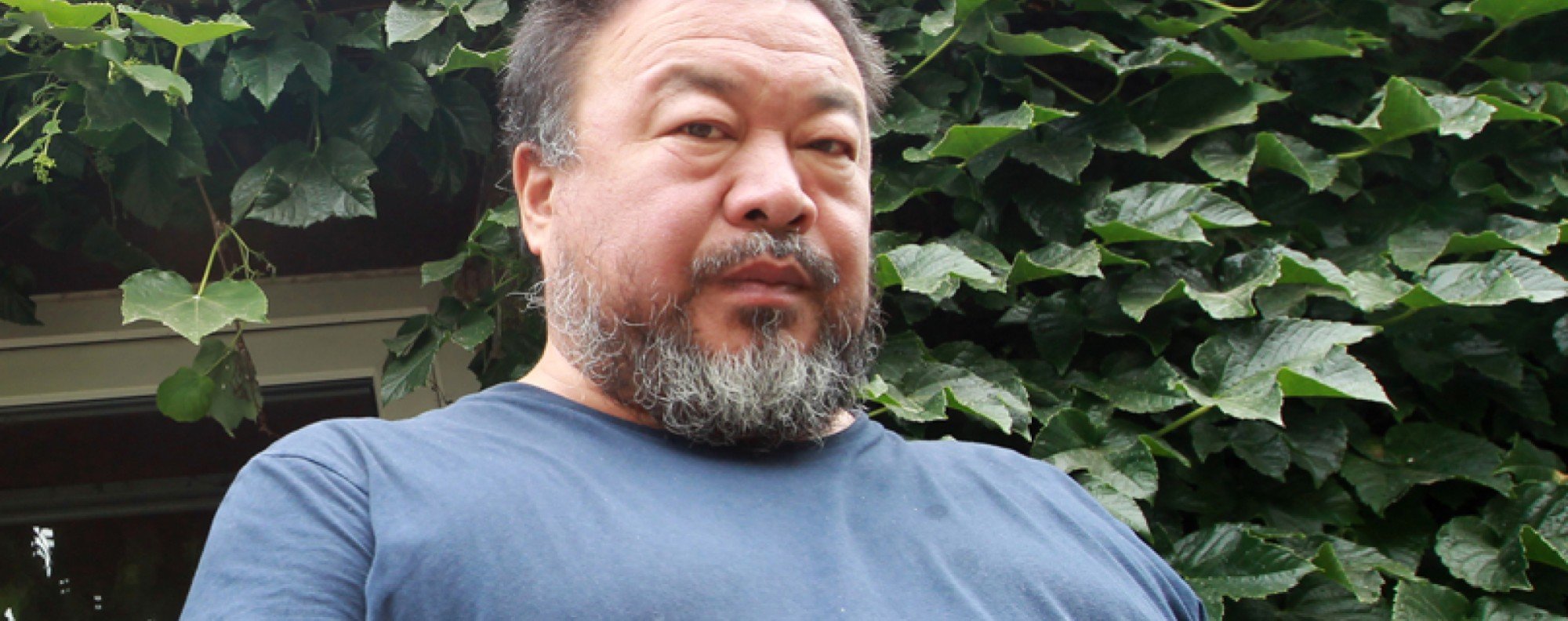
Topic
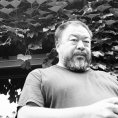
Ai Weiwei, Chinese artist and son of late poet Ai Qing, helped with the design of the "Birds Nest" Olympic stadium for the 2008 Beijing Olympics. He is also involved with Human rights, and concerned with political corruption of mainland China.
- Curator of Hong Kong museum’s second exhibition of works from its founding Sigg Collection emphasises contemporary Chinese art’s ‘visual language and quality’
- There is more to it than that, as works such as dissident artist Ai Weiwei’s Ton of Tea and Sun Yuan and Peng Yu’s parody of old men in power show
The sculpture’s title is intended as a warning to the world: ‘Memento Mori’ – Latin for Remember You Must Die. ‘We are talking about immigrants, about deaths, about the war … said the Chinese dissident and artist.
Production of dark Puccini opera includes bloodshed, despotism, new geopolitical focus, with Ukrainian Oksana Lyniv conducting.
Budiardjo ‘Budi’ Tek, who died on March 18 aged 65, made his fortune in the poultry business, but he is best known for his Chinese art collection and for opening Shanghai’s Yuz Museum.
When the Mori Art Museum in Tokyo closed during the pandemic, a digital programme was created to connect artists with viewers – they contributed recipes for a cookbook.
Badiucao said he was “proud and happy” that the exhibit in Brescia was finally open to the public – despite pressure from the Chinese embassy to cancel it.
Some have been waiting years for the opening, while others are drawn in by a recent controversy over a work by dissident Chinese artist Ai Weiwei.
Ai Weiwei’s whitewashed Neolithic pots that ask a question about history, Antony Gormley’s field of clay figures among the pick of exhibits in M+ museum shows.
Arts hub authority chairman Henry Tang reveals some of Ai’s works will be featured in opening exhibitions, but a photo of his that sparked controversy will not be among them.
Tickets for the museum of visual culture in West Kowloon will be available for booking from November 5, while free entry has been extended to include non-Hong Kong residents.
A collection of essays by British cultural historian David Elliott about contemporary Asian art is as eclectic as it is erudite. Full of historical titbits, it is more a work to dip into than to consume at one sitting.
Arguably the most important museum ever to be built in Hong Kong, M+ is also a litmus test for artistic and curatorial freedom under the National Security Law.
The dissident artist says he was told to move funds out of his foundation’s bank account in Switzerland despite never being convicted of a crime.
Interpersonal relationships might be one of the most effective mechanisms for shaping China’s image. Even if those relationships are made through Chinese individuals critical of their own government, China might benefit in the long term.
The inaugural exhibition at Beijing contemporary art centre’s Shanghai branch pays homage to an explosive era for art in China at the turn of the millennium.
The biggest exhibition of his career, Rapture, opens in Lisbon on Friday; Ai says he has no plans to return to Germany or England, where he has also lived since leaving China.
Shanghai is mainland China’s biggest art hub, and the new branch of the UCCA Centre for Contemporary Art, UCCA Edge, will celebrate the evolution of the city’s role.
The photo, depicting the dissident artist’s middle finger raised against the backdrop of Beijing’s Gate of Heavenly Peace, has been at the centre of a torrent of criticism aimed at the museum by the pro-establishment camp.
As the city’s newest museum, the centrepiece of the nascent West Kowloon Cultural District, is unveiled, its director offers an assurance about its artistic freedom in the wake of national security law’s introduction.
Giant inflatable balls emblazoned with words declaring her husband’s innocence released, live streams of volunteers ‘jailed’ for 24 hours in a cage in her flat – Tang Jie uses art to seek freedom for her husband, jailed on charges she says are false.
Chinese artist Ai Weiwei gives his thoughts on the importance of activism, his artistic response to Covid-19 and latest film projects as a new documentary about his life, Ai Weiwei: Yours Truly, is released this month.
Dissident Chinese artist living in exile in the UK teams up with Guggenheim Museum curator on face masks printed with his art, to sell in support of global humanitarian organisations.
Shortlisted works have been assembled to provide a ‘platform for artists to share how they interpret and translate human rights issues,’ says one of the judges Chantal Wong.
Olympic protests are part of Games history despite IOC’s Tokyo 2020 ban while Mexico 1968 podium Black Power salute remains defining image.
Chinese dissident artist says the protests, which his team are filming for a documentary, are part of ‘the global youth revolution’, and that he’s still working out how to reflect the struggles in his upcoming production of the opera Turandot.
Germany’s parliament says its human rights committee is denied entry, and another committee scraps a trip after one MP is refused a visa for speaking out on Beijing’s rights record.
Dealer used photos of VW cars by ‘Soleil Levant’, the artist’s Copenhagen installation that was made from 3,500 life jackets.
Assange’s health is ‘deteriorating’, says Ai, who went to London prison with the WikiLeaks founder’s father.
Baduciao says he and his family have been under threat since being forced by Chinese authorities to cancel Hong Kong show last year.





